If you’re into cycling and contemplating intermittent fasting as a way to boost your performance or shed some pounds, you’re not alone. Intermittent fasting has garnered attention for its potential health benefits and weight loss advantages, but before you jump on the bandwagon, let’s dissect what science and experience tell us about this trend.
Understanding Intermittent Fasting
Intermittent fasting involves alternating periods of eating and fasting. Commonly, this includes fasting for a set number of hours (like 16) followed by an eating window (like 8 hours). Advocates suggest it aids in weight loss and offers health benefits, which are particularly appealing to those engaged in sports like cycling.
Before You Begin
Before diving into intermittent fasting, consider these critical points:
1. Start with Nutrition: Rather than focusing solely on fasting, prioritize improving your diet quality. Opt for nutritious foods and moderate portions. Remember, a healthy diet lays the foundation for any successful weight management or performance enhancement strategy.
2. Consult a Professional: Seek guidance from a registered dietitian or nutritionist. They can provide personalized advice tailored to your goals and health status, ensuring you embark on a safe and effective path.
3. Educate Yourself: Look beyond the hype. Explore balanced information that discusses both the benefits and potential drawbacks of intermittent fasting. This approach helps you make informed decisions aligned with your individual needs.
Does Intermittent Fasting Enhance Cycling Performance?
For cyclists, performance is paramount. The question arises: Does intermittent fasting contribute positively to cycling performance?

The Reality Check
1. Professional Insights: Elite cyclists in top teams typically prioritize pre-training nutrition, including breakfast. Continuous intermittent fasting isn’t a prevalent strategy among these athletes. They focus on optimizing their nutritional intake to fuel intense training sessions and competitions effectively.
2. Scientific Perspective: Current research lacks conclusive evidence supporting intermittent fasting as a performance booster for cyclists. Studies vary in their findings—some suggesting minimal impact on performance, while others calling for more extensive research due to inconclusive results.
3. Practical Considerations: Cycling on an empty stomach occasionally for personal reasons is one thing. However, implementing intermittent fasting without proper adaptation and nutritional support can potentially lead to reduced performance, fatigue, or even health risks.
Recommendations for Cyclists
- Training on Empty: If you opt to cycle before eating, ensure it’s aerobic exercise at moderate intensity (around 60-70% effort) for no more than 2-3 hours.
- Precautions: Always carry replenishment options like homemade energy gels or bars to sustain energy levels during longer rides or unexpected needs.
- Long-Term Outlook: While intermittent fasting shows promise in certain health aspects, its application to sports performance, including cycling, remains uncertain. More comprehensive, long-term studies are necessary to establish definitive benefits and risks.
READ NOW: SILVERBACK CF 1 WINS 2020 DESIGN & INNOVATION AWARD
Intermittent fasting isn’t a one-size-fits-all solution for cyclists aiming to improve performance or manage weight. It requires careful consideration, adaptation, and ideally, professional guidance to ensure it complements rather than compromises your cycling endeavors. Prioritize a balanced diet, adequate nutrition, and structured training to achieve sustainable results on and off the bike.
Stay informed, stay safe, and enjoy your cycling journey with a balanced approach to nutrition and training.
PLEASE NOTE: This is our studies and we recommend you to visit your local GP!

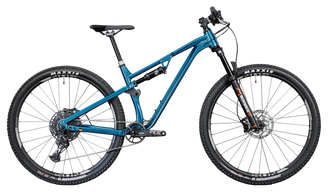
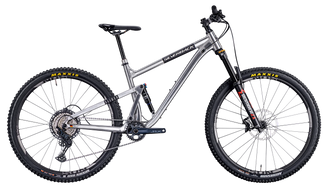
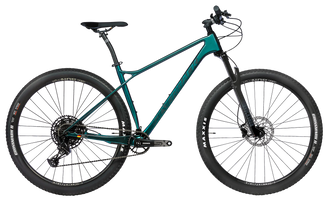
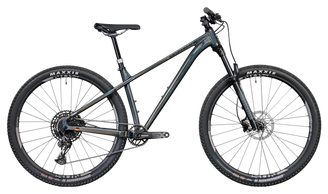
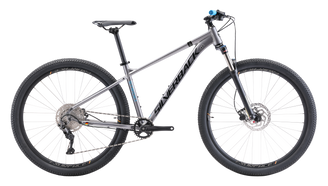
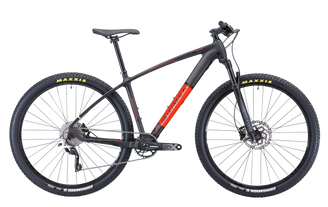

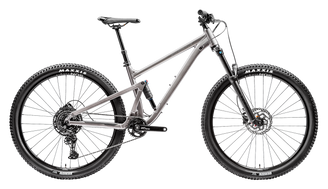
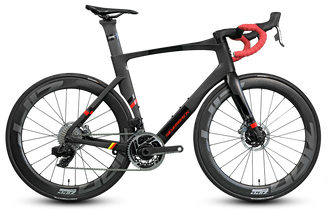
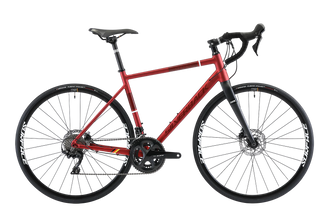
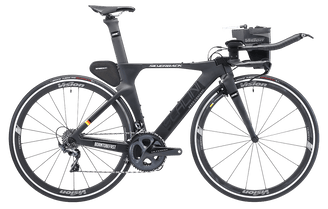
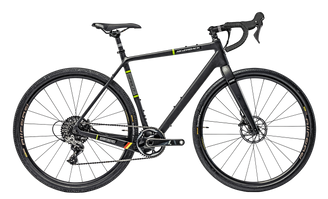
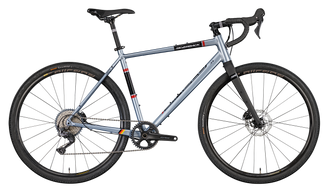
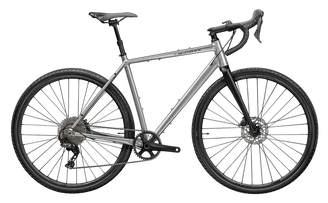
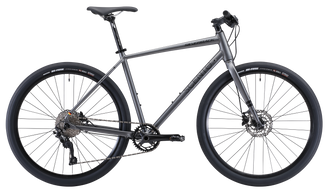
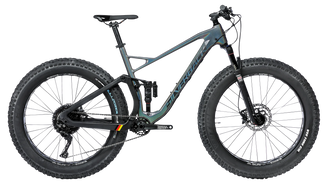
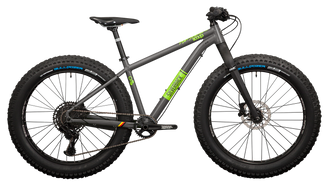
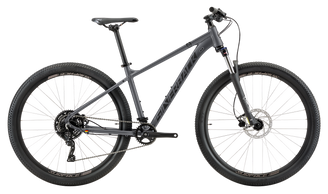
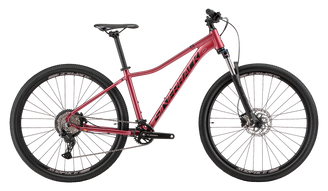
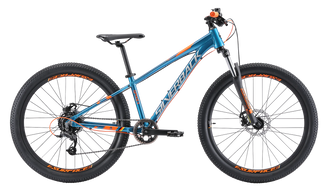
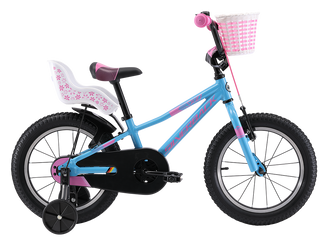
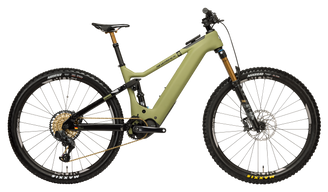
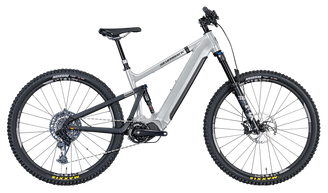
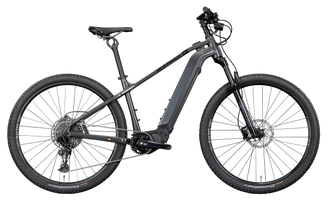
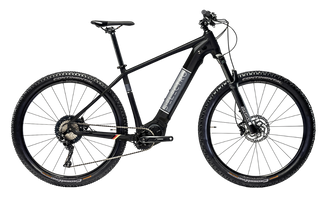
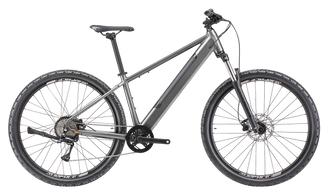
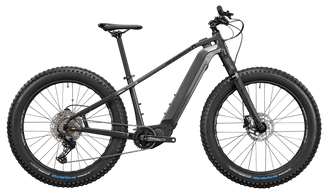
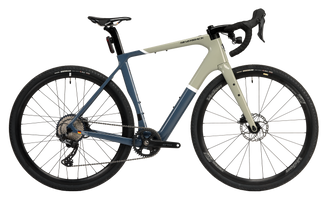
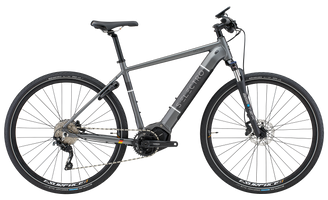
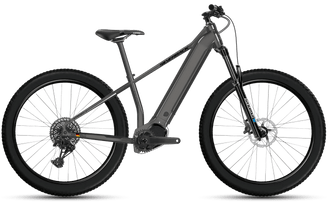
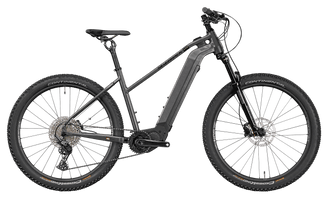
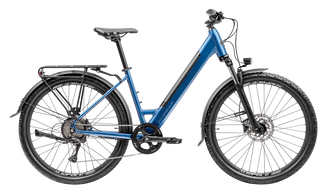
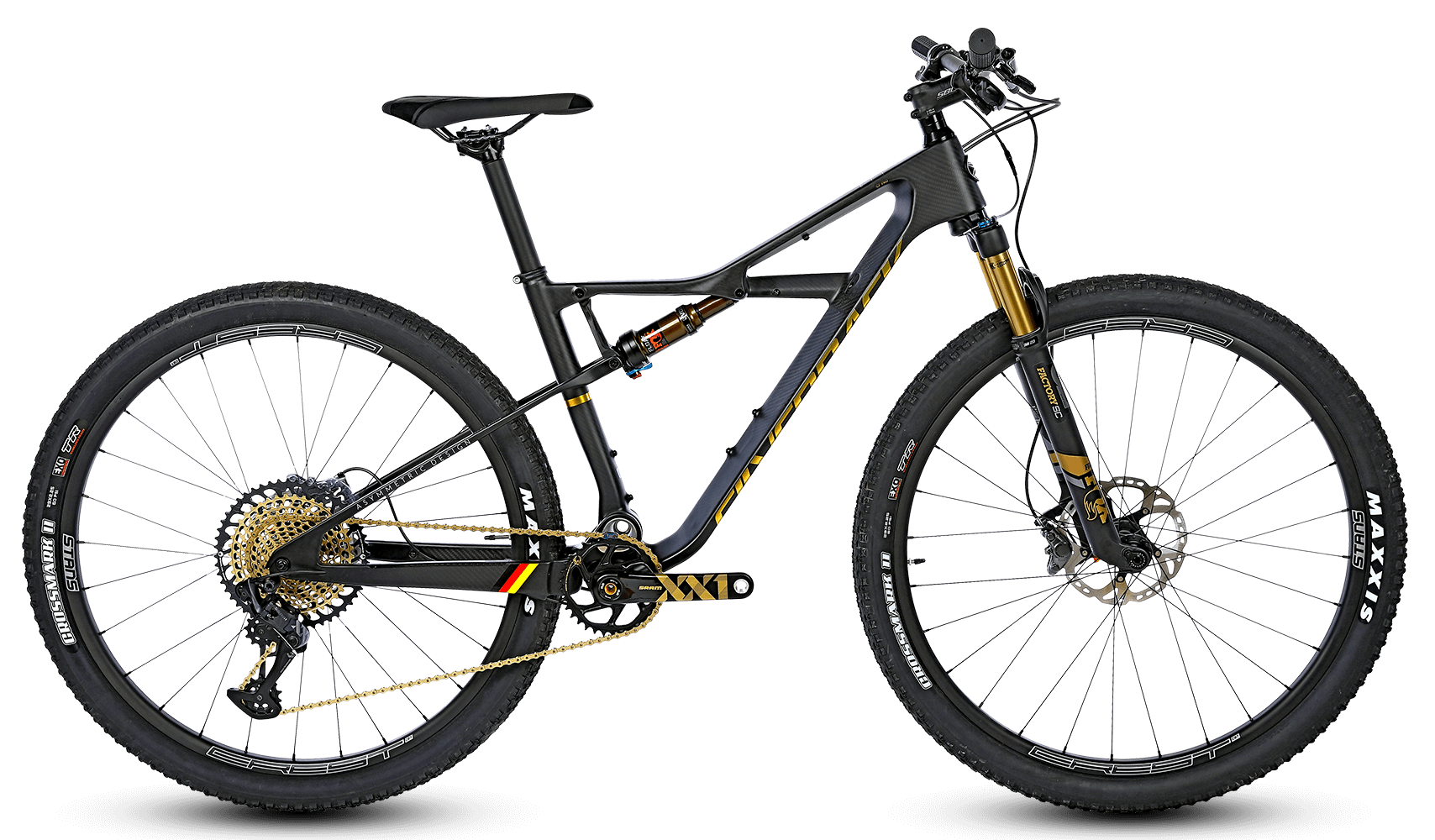
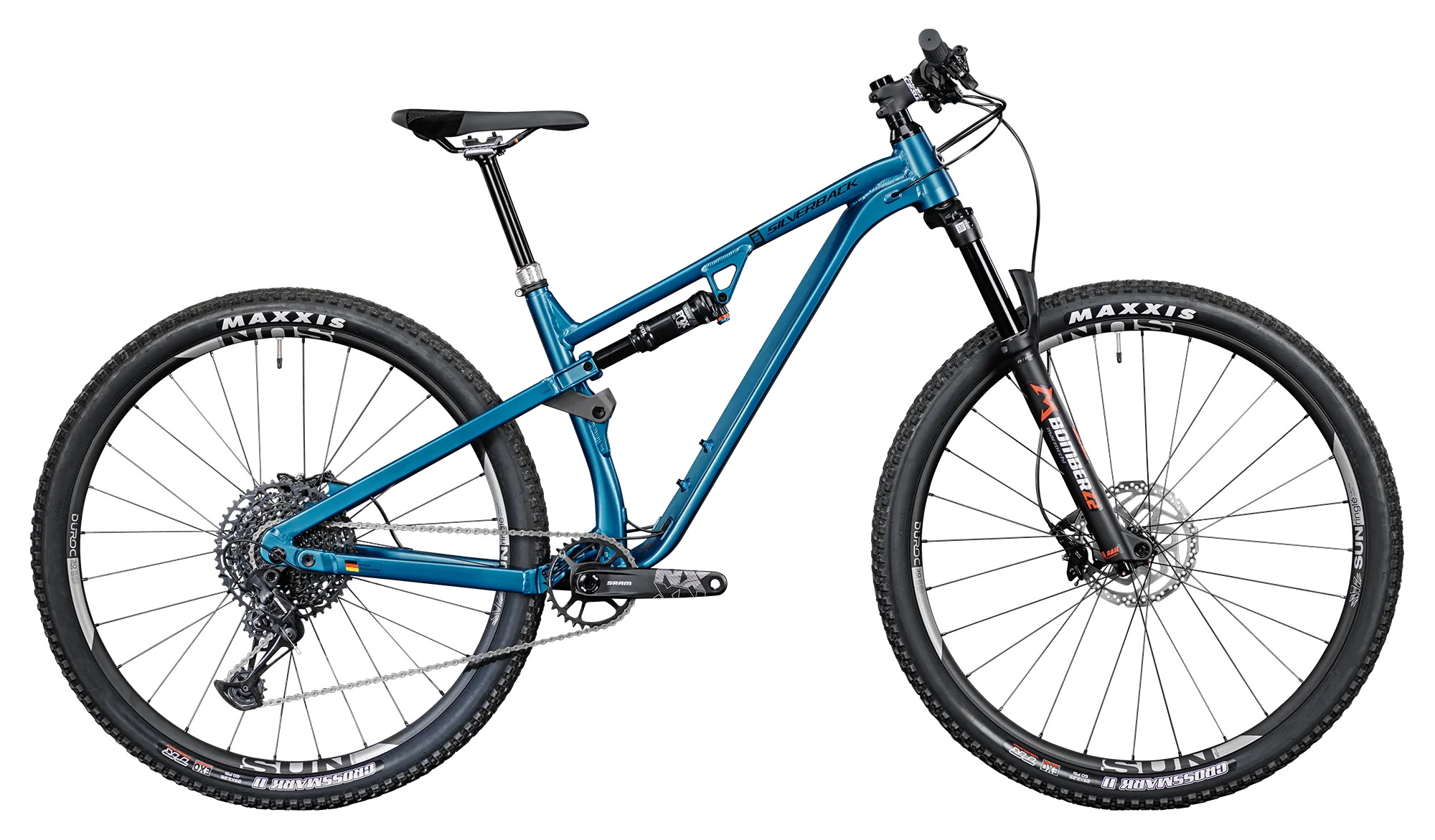
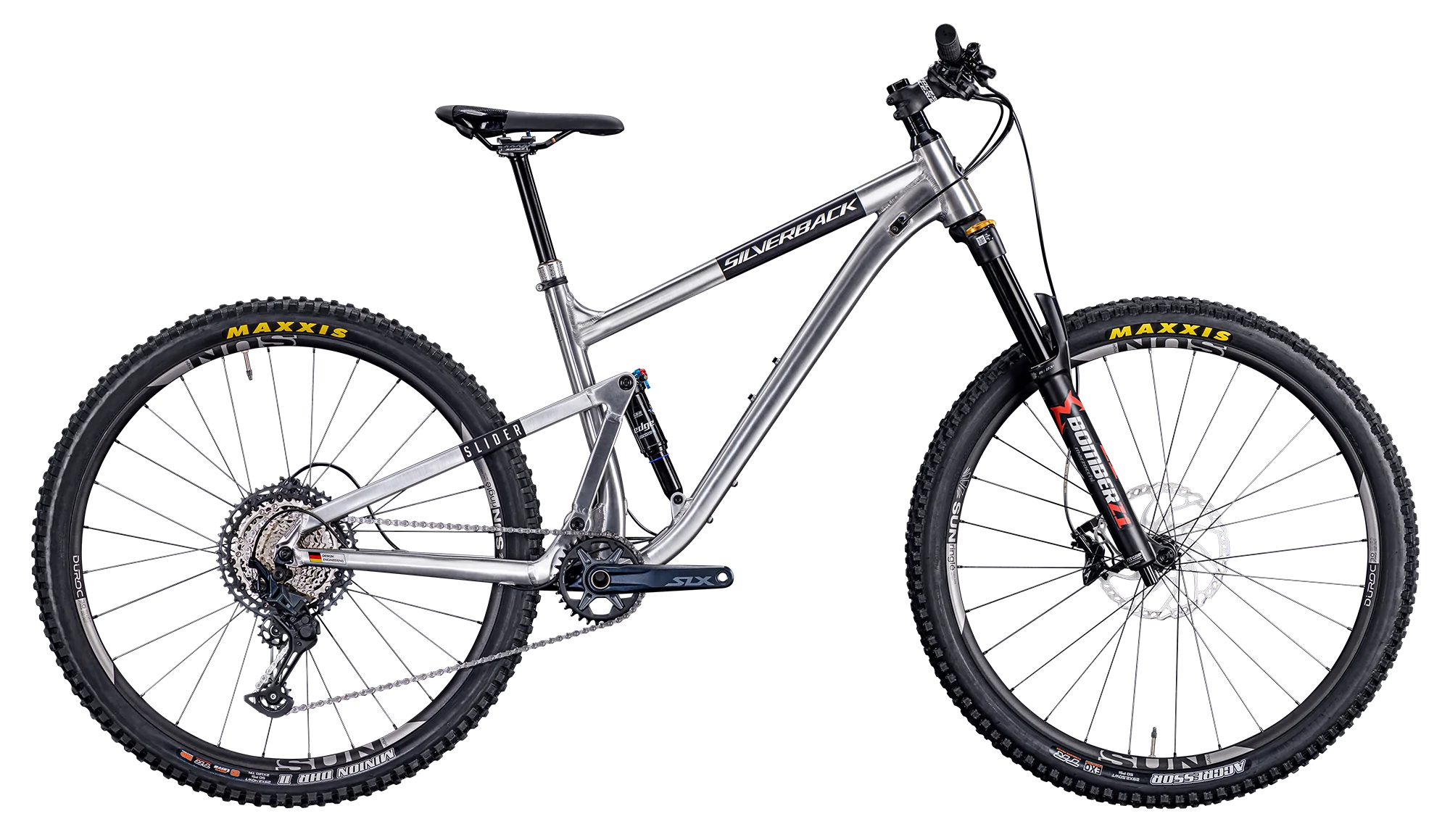
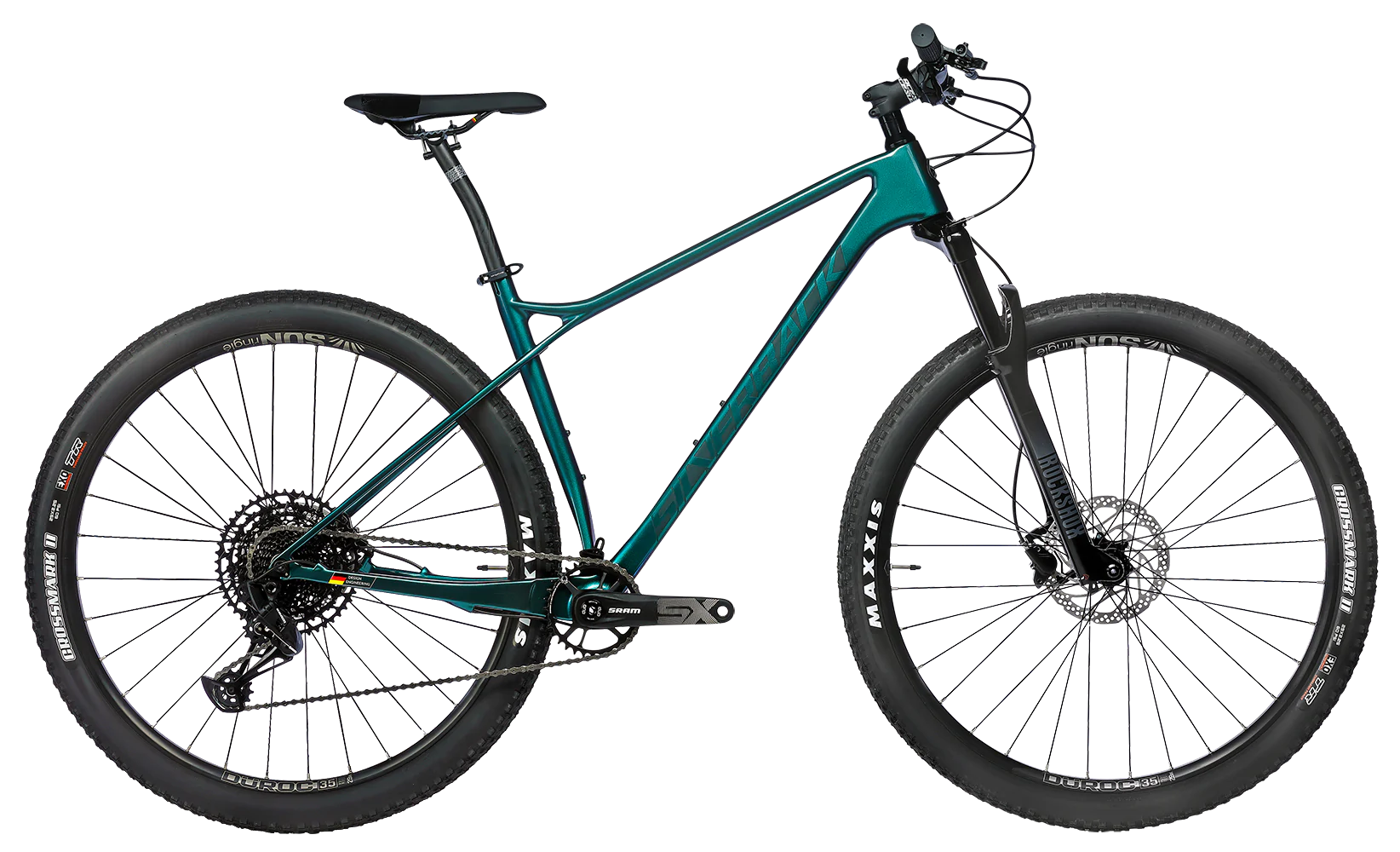
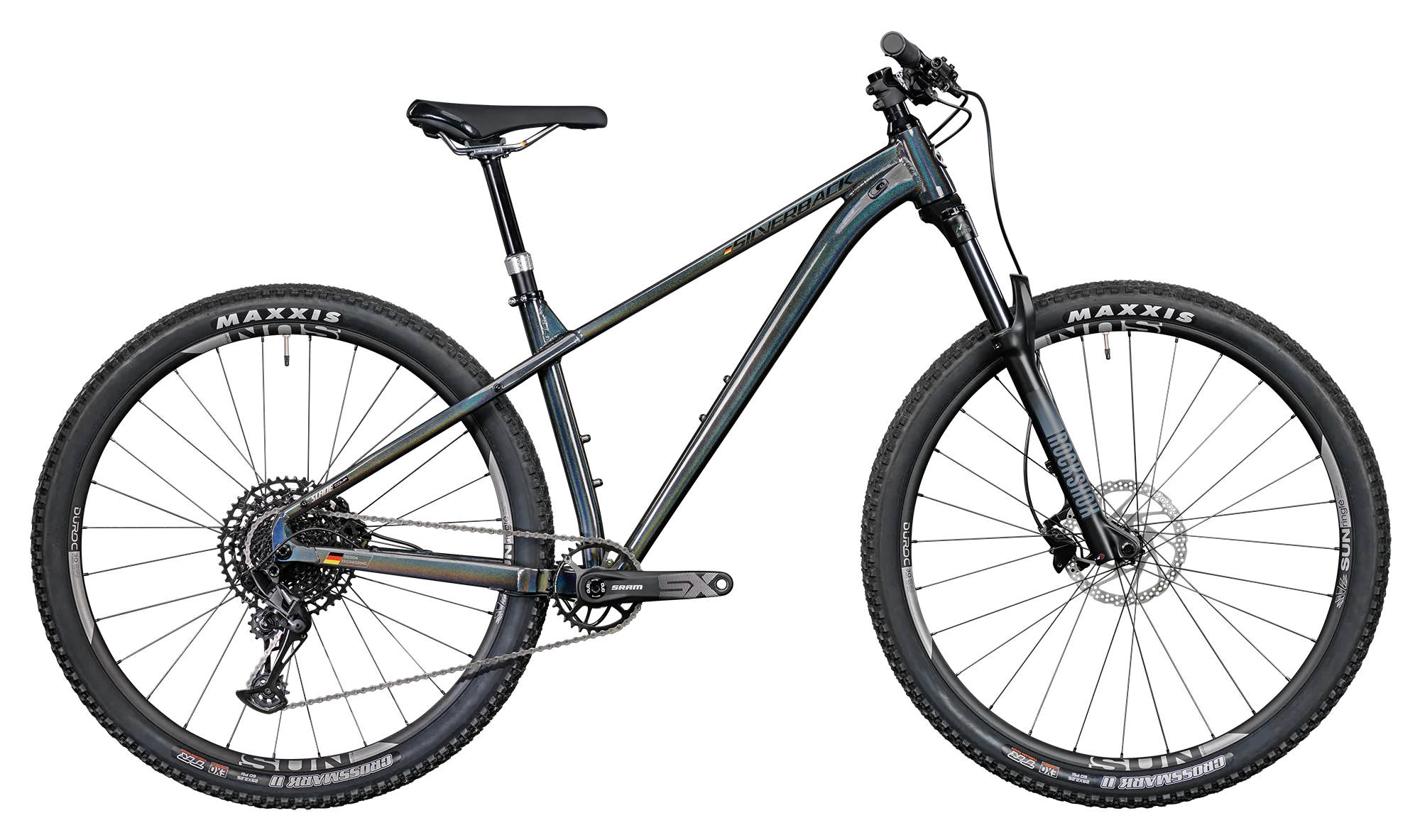
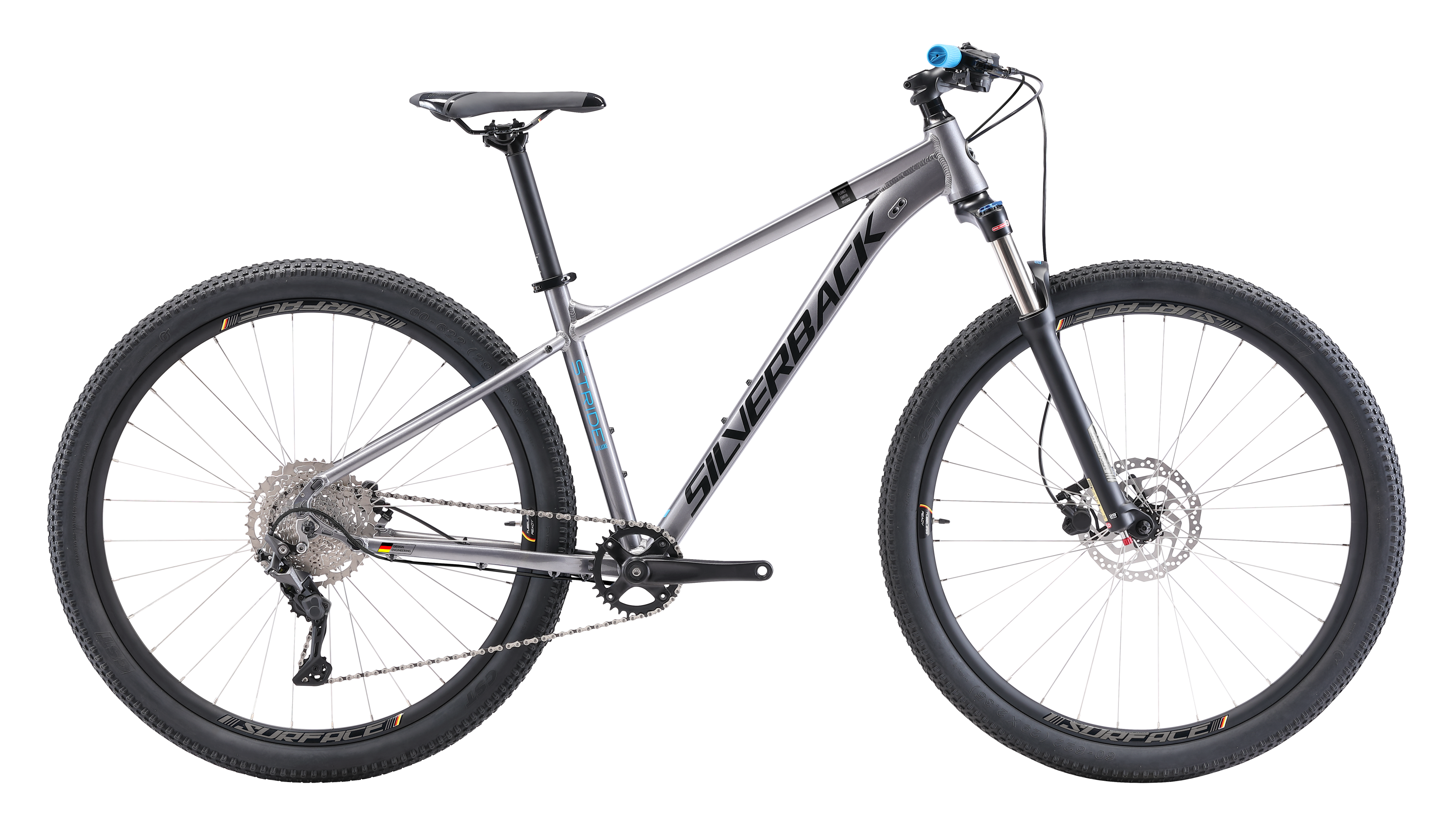
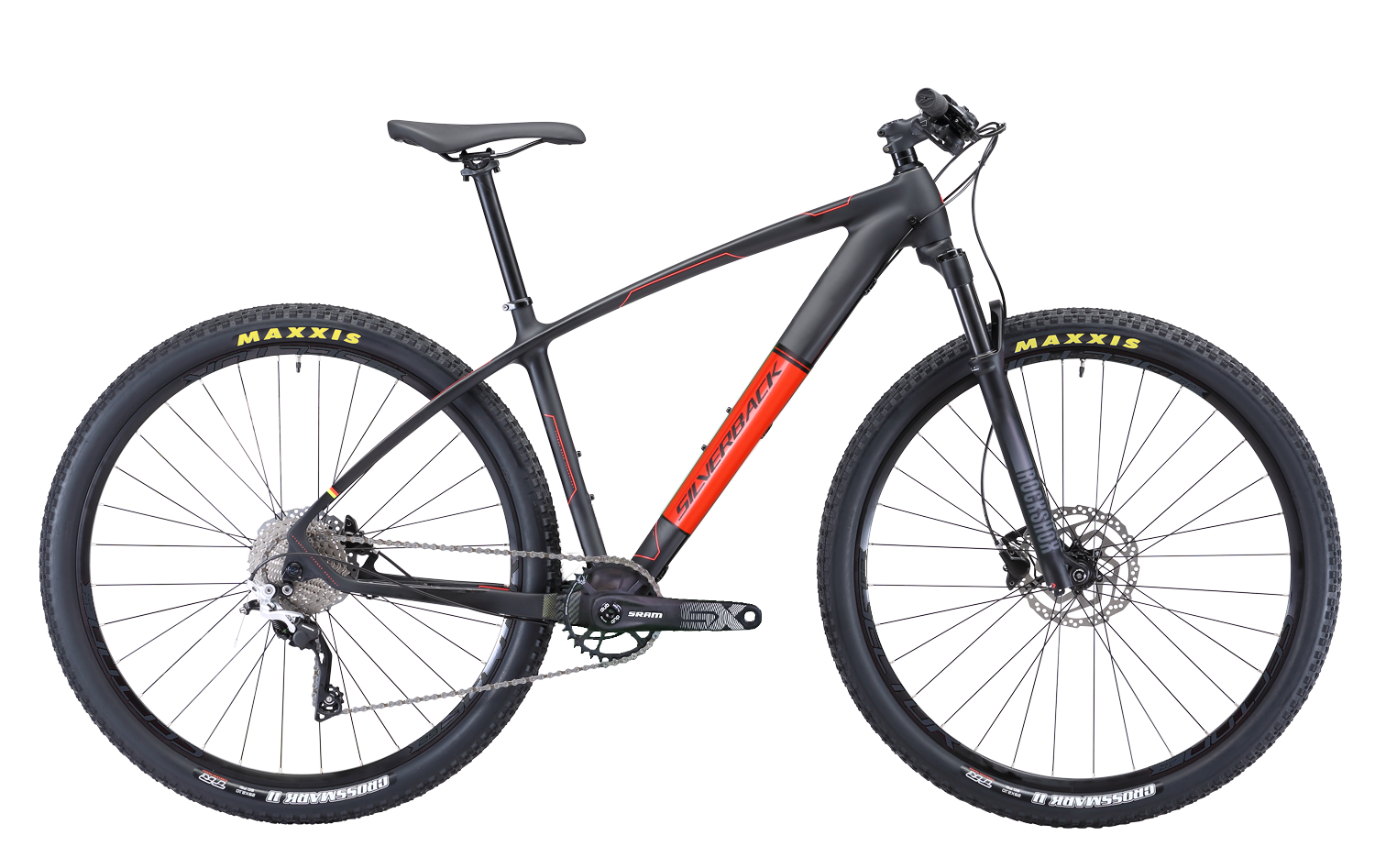
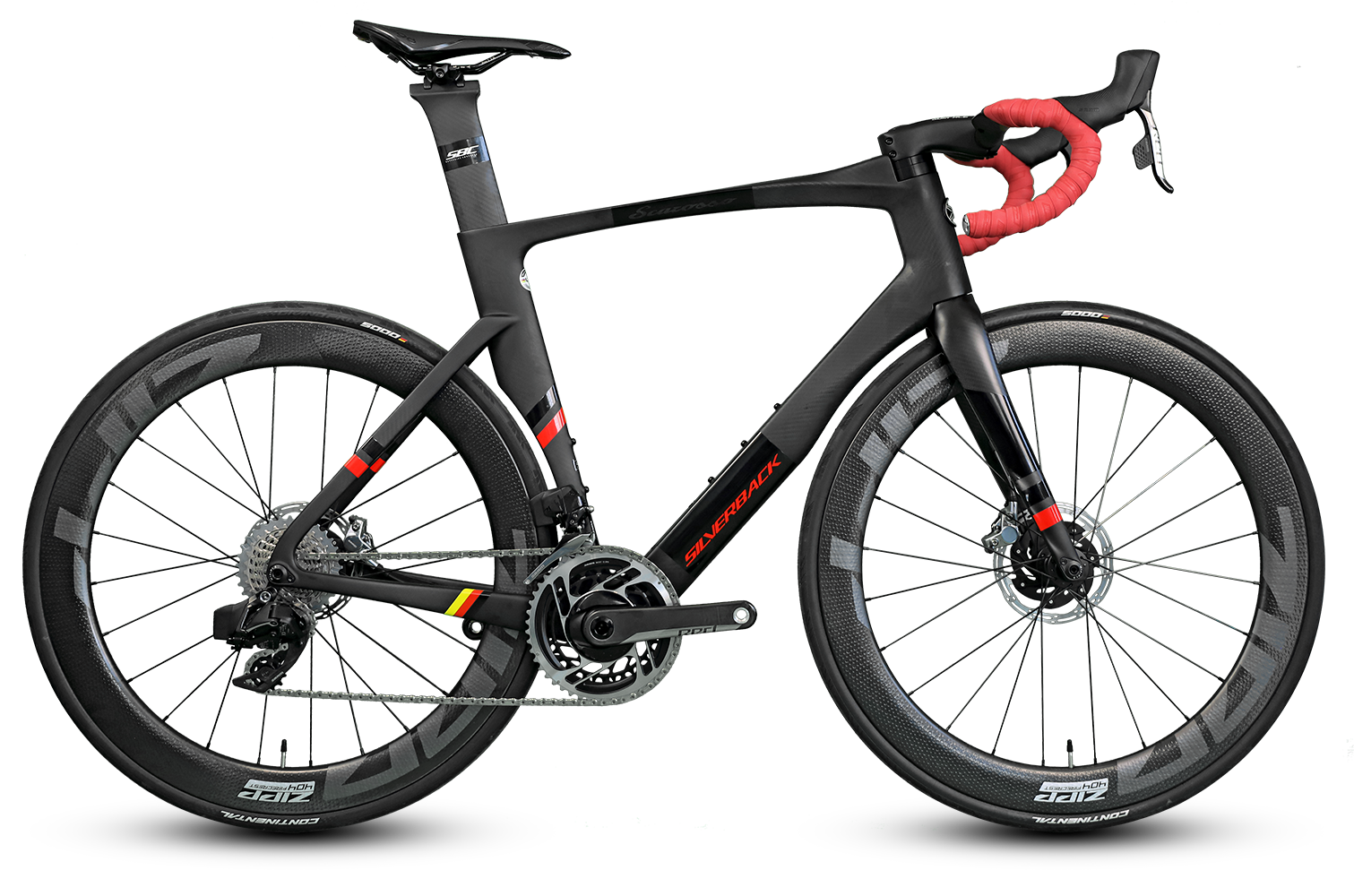
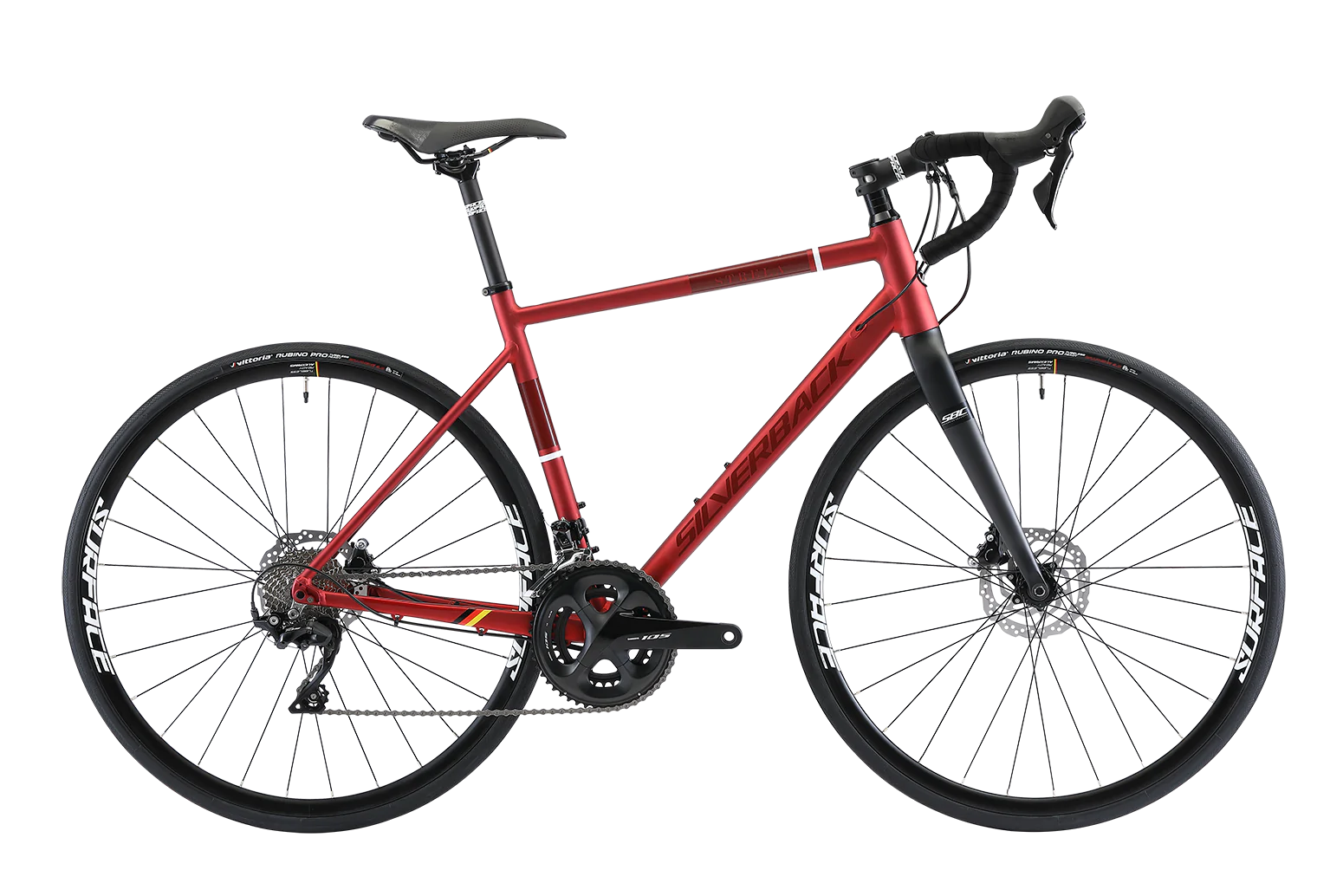
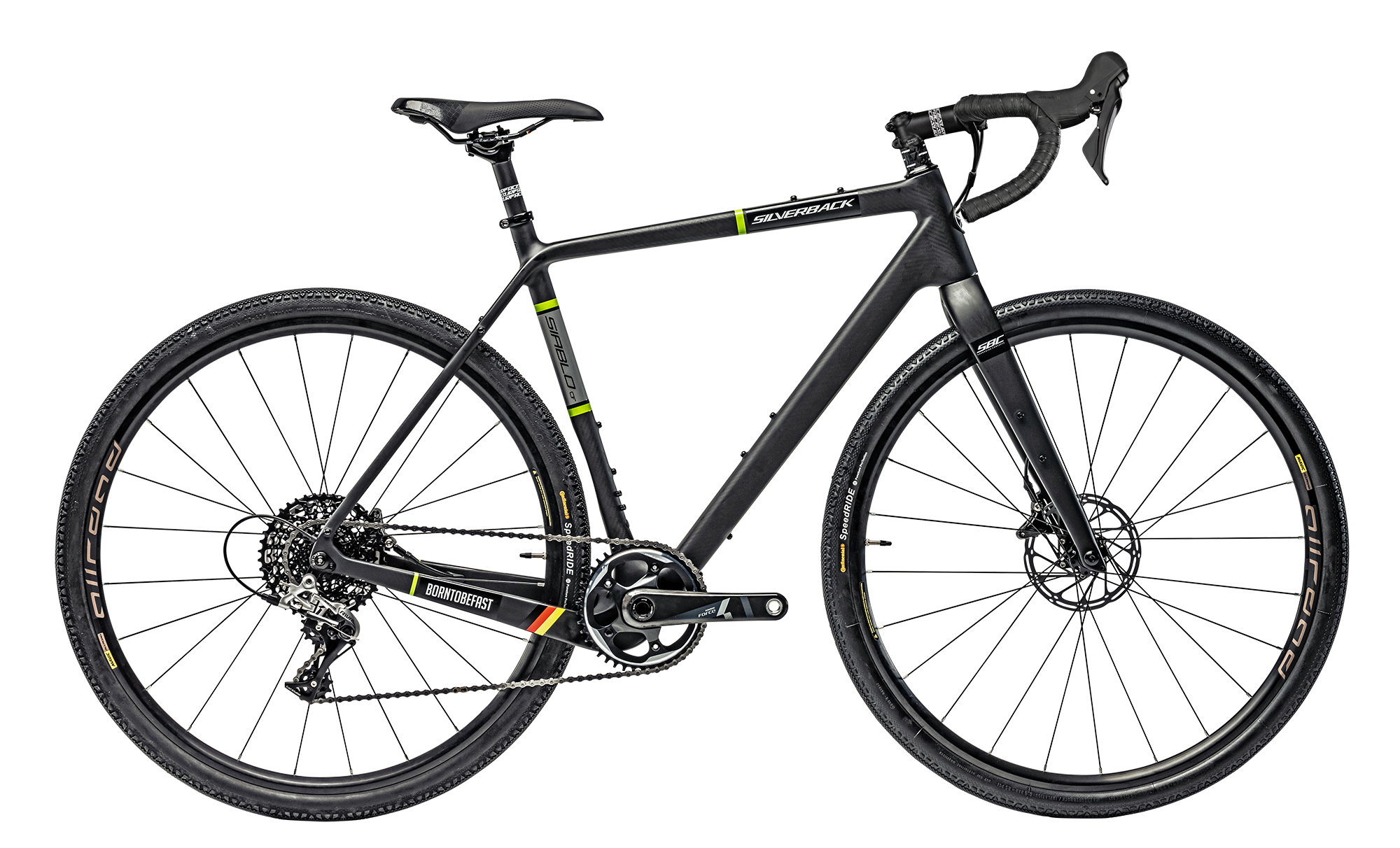
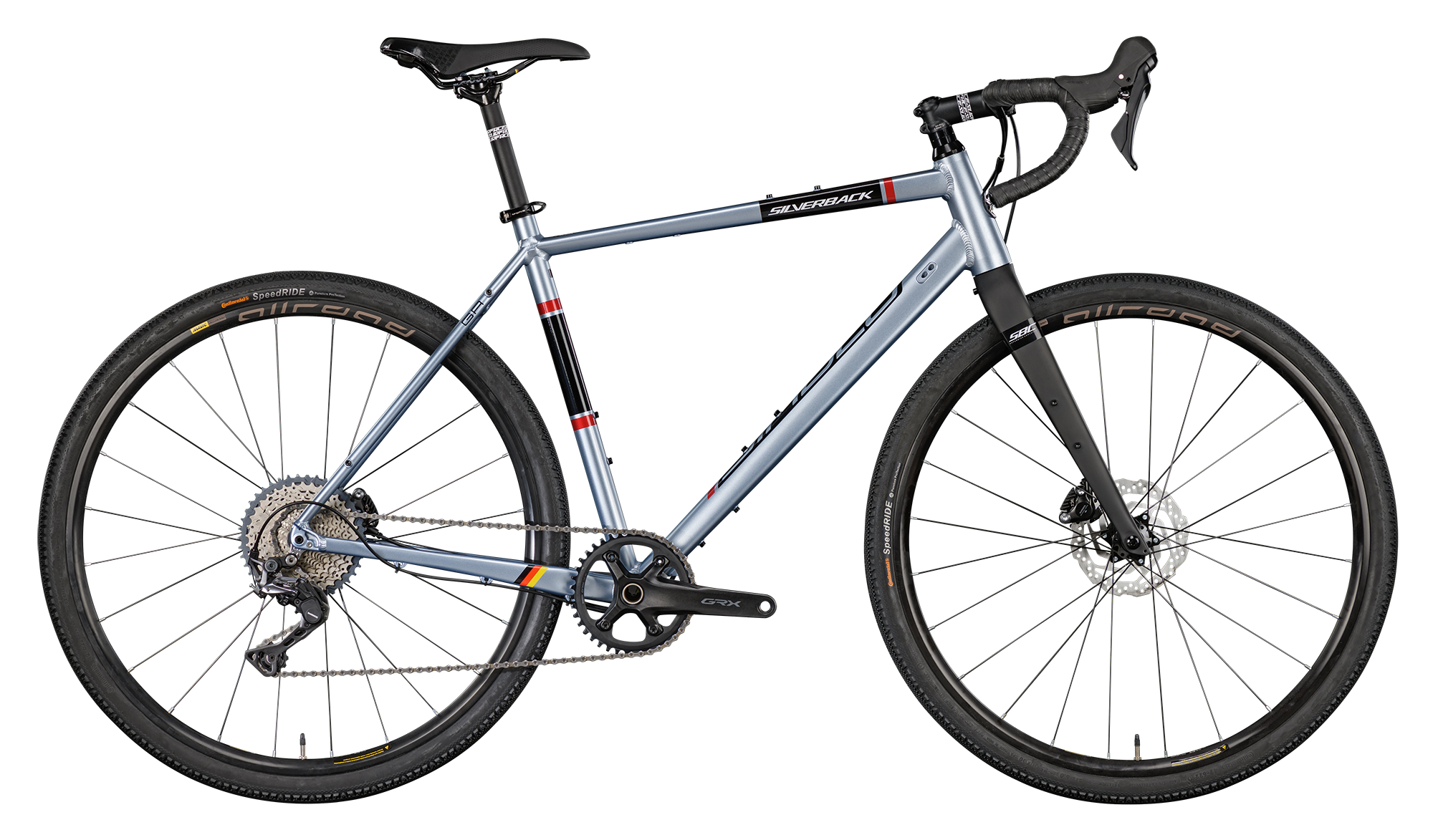
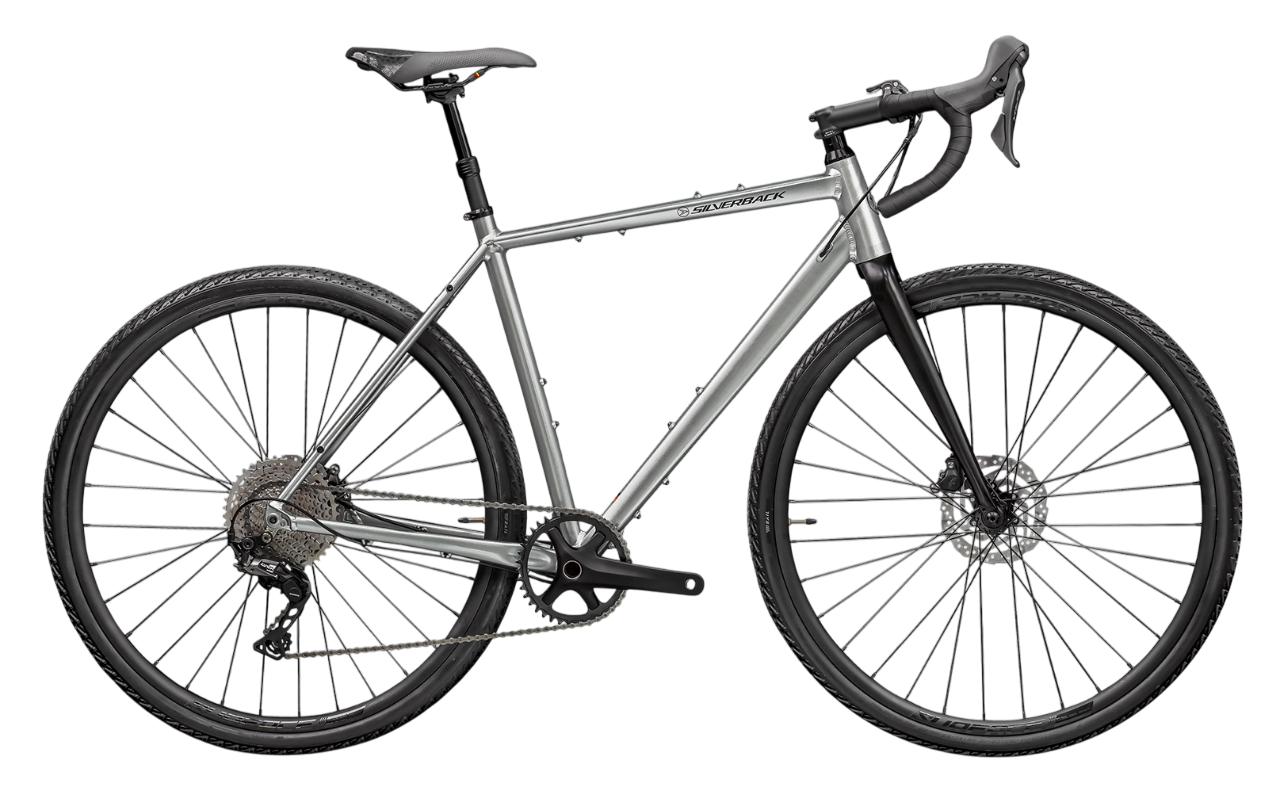
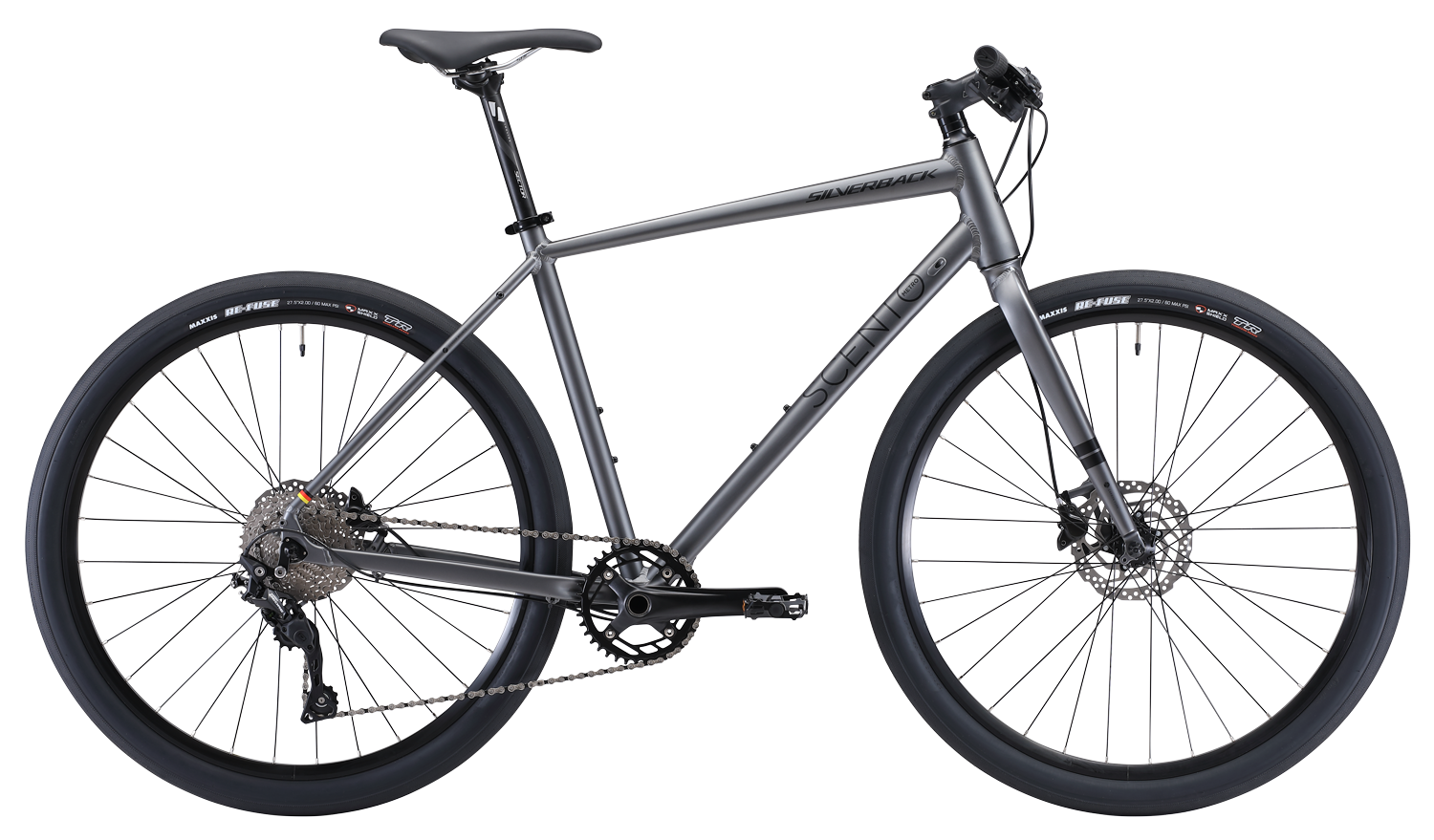
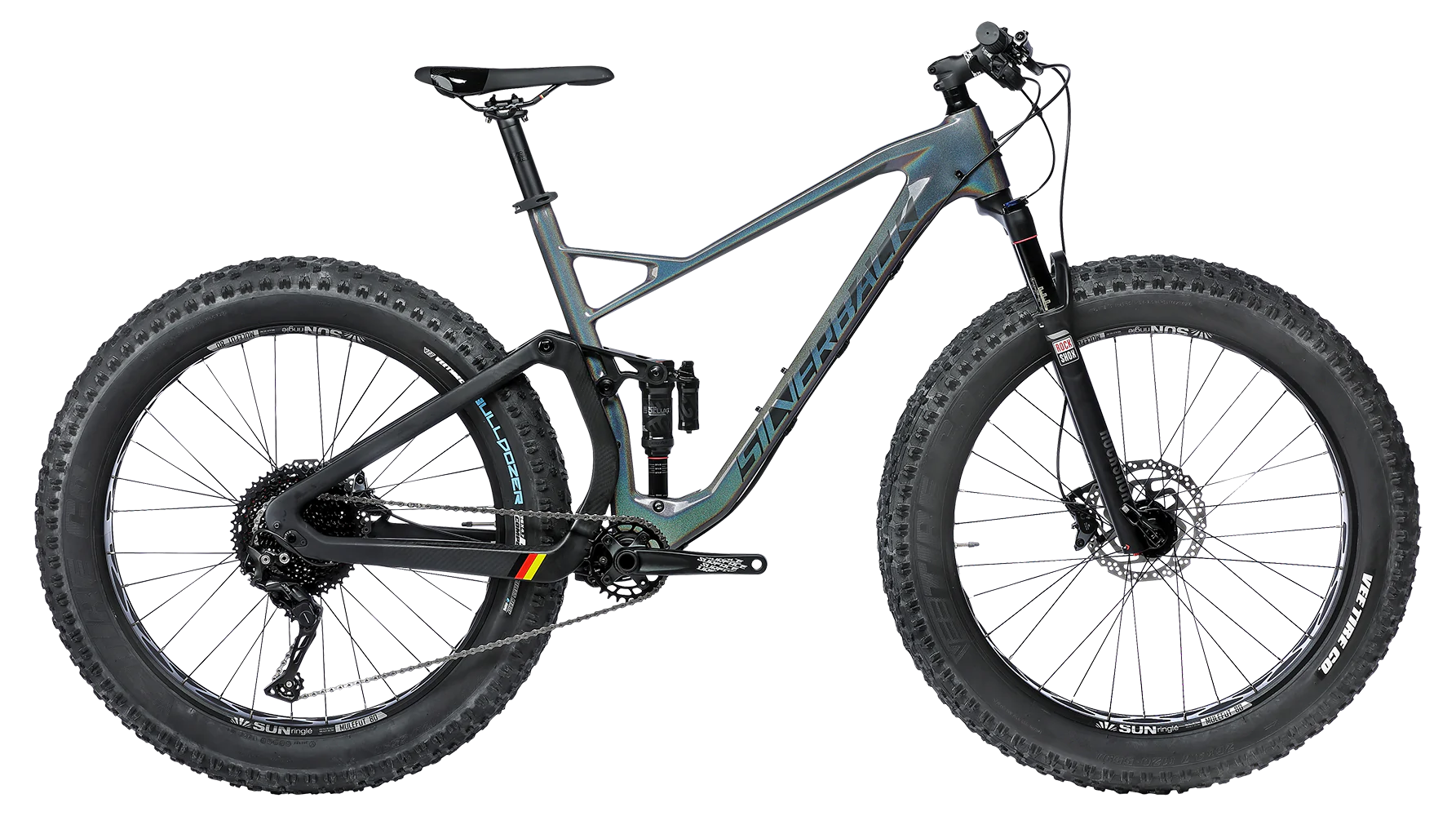
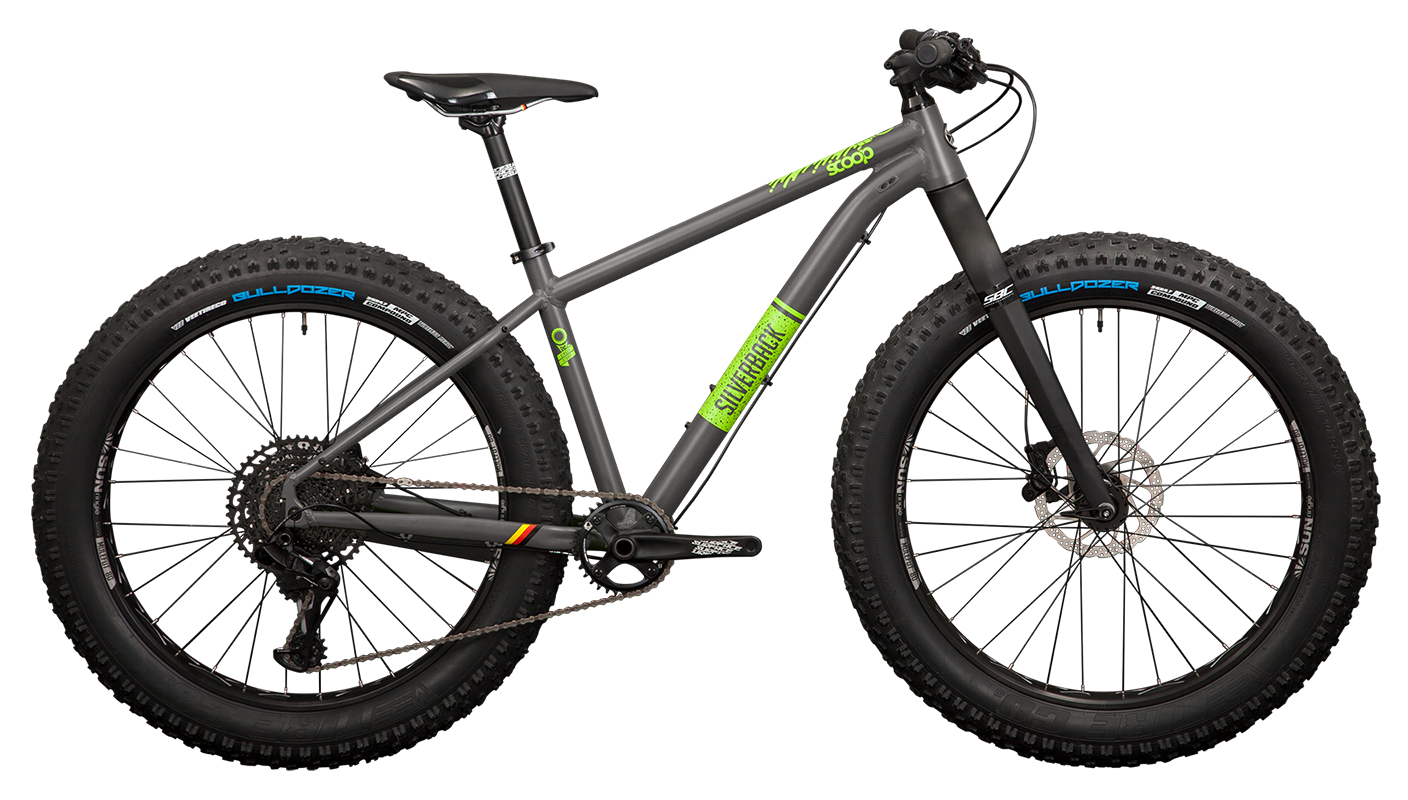
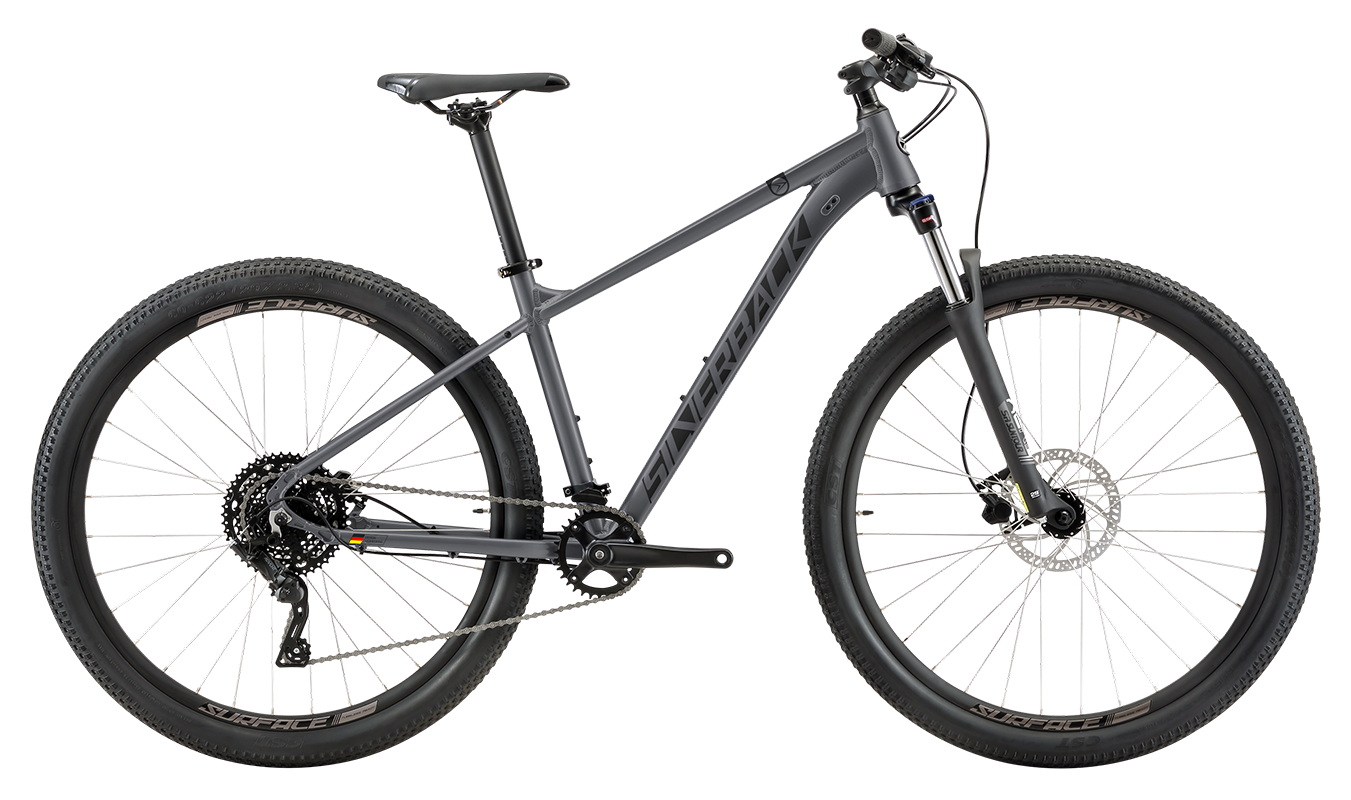
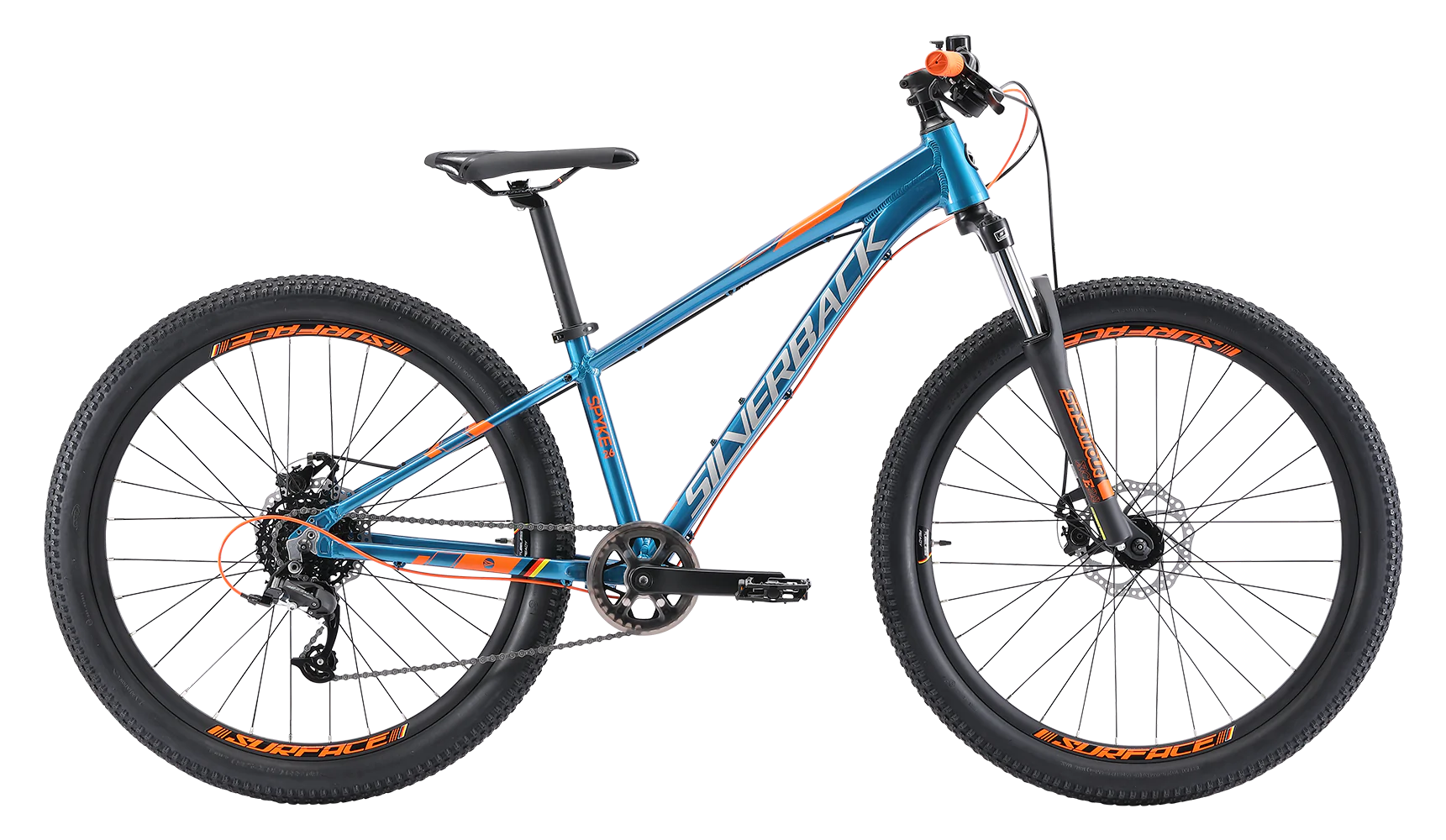
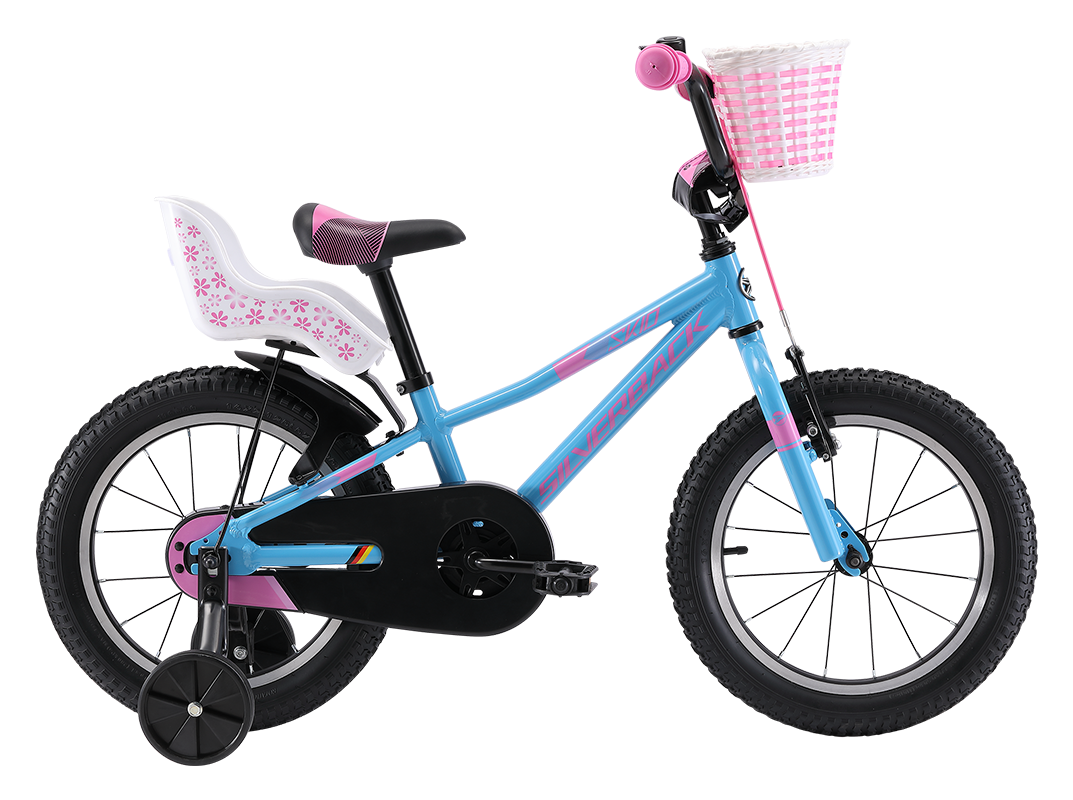
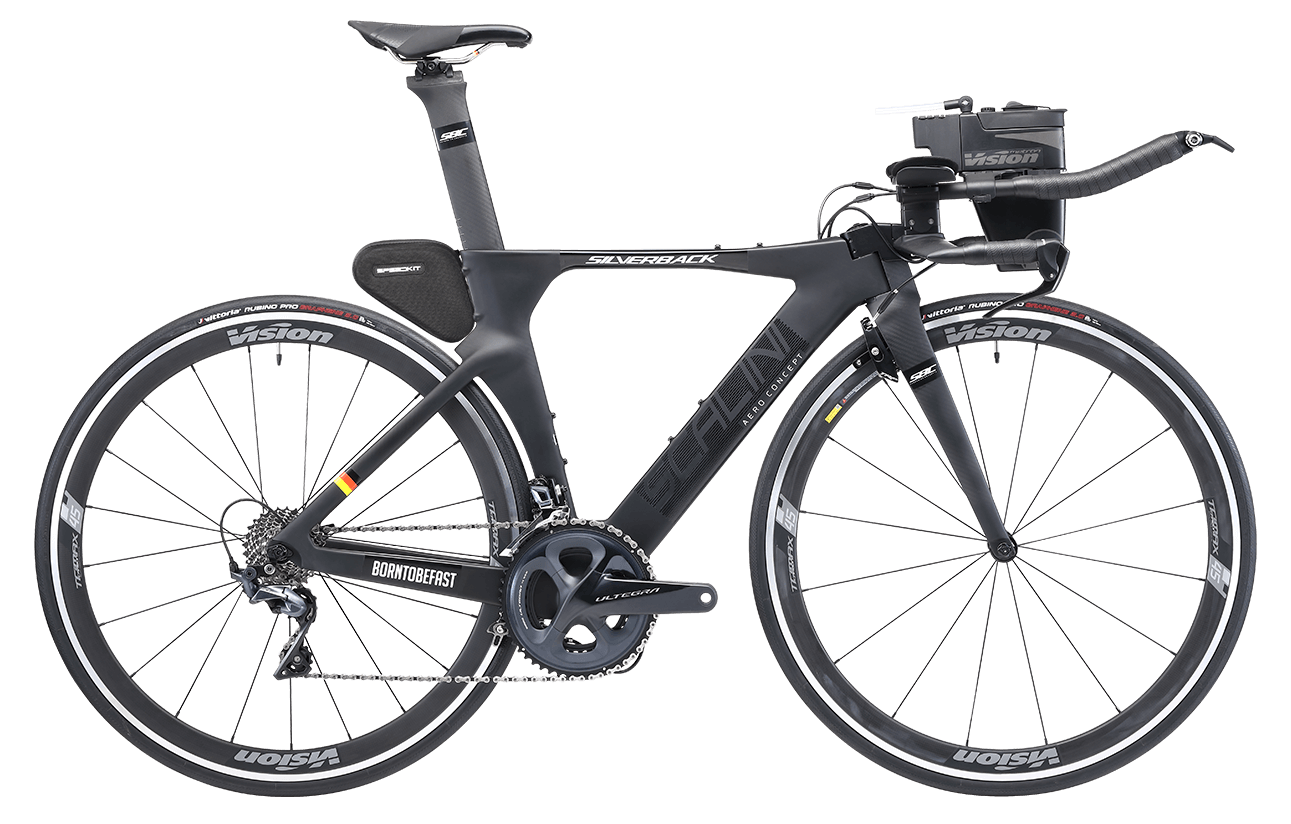
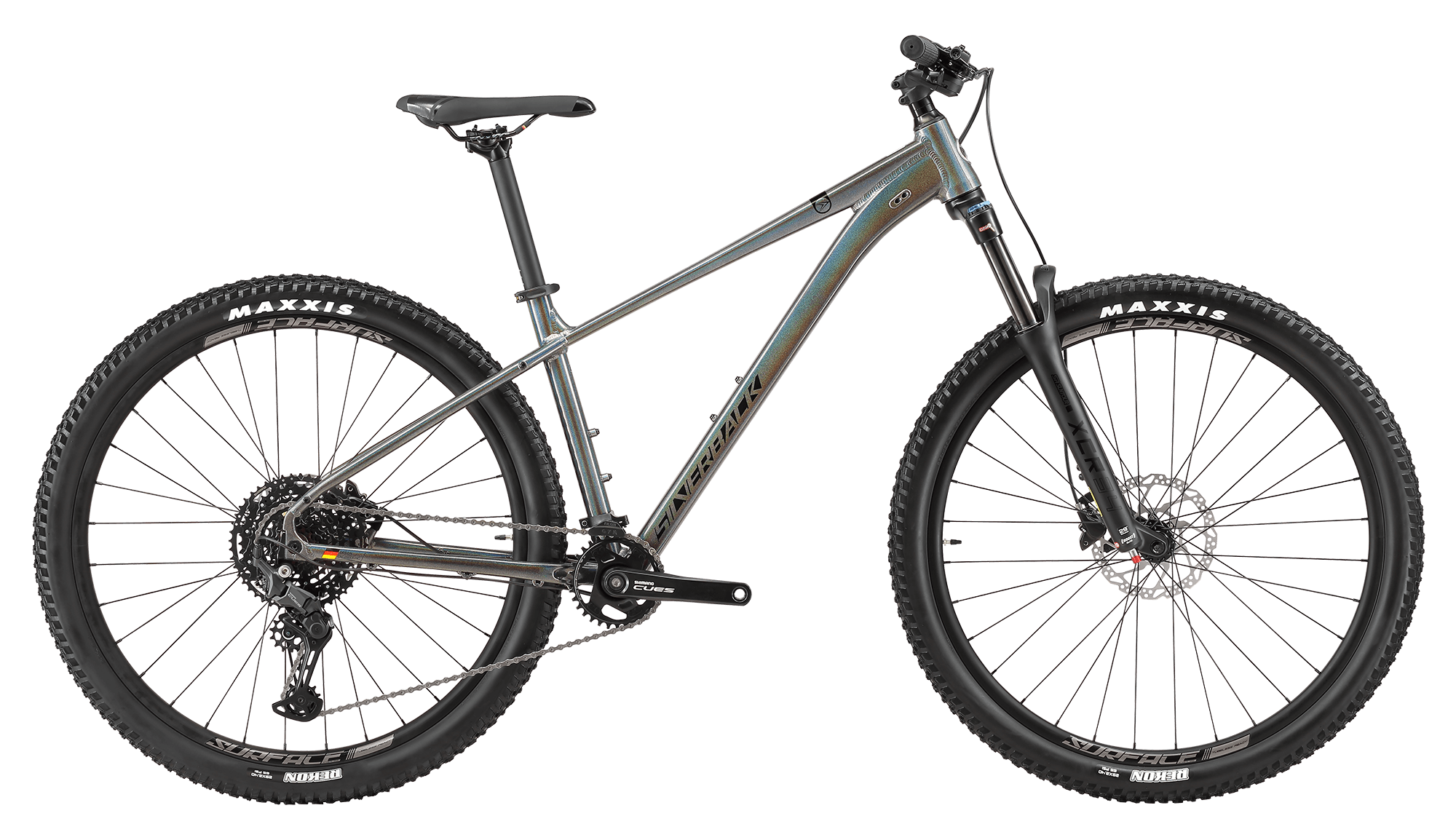
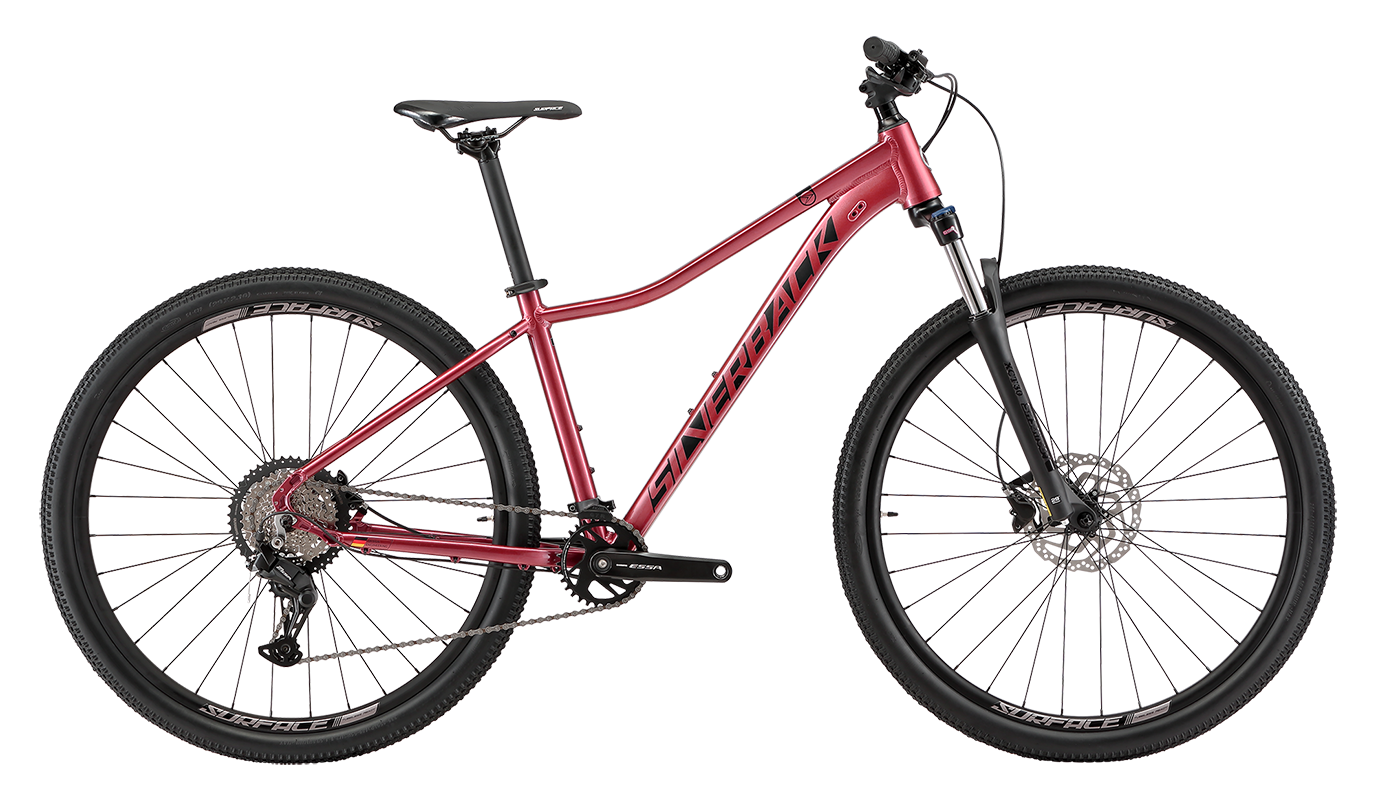
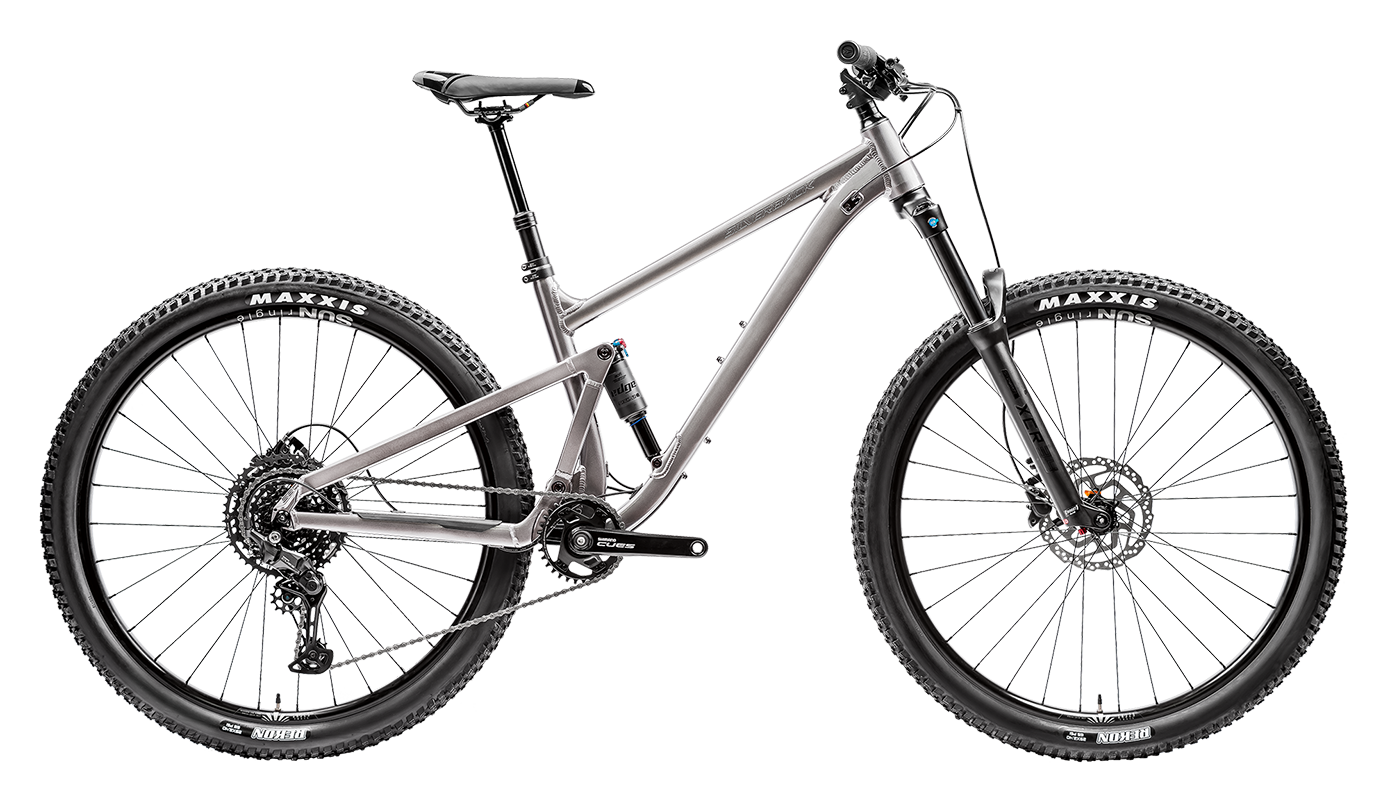
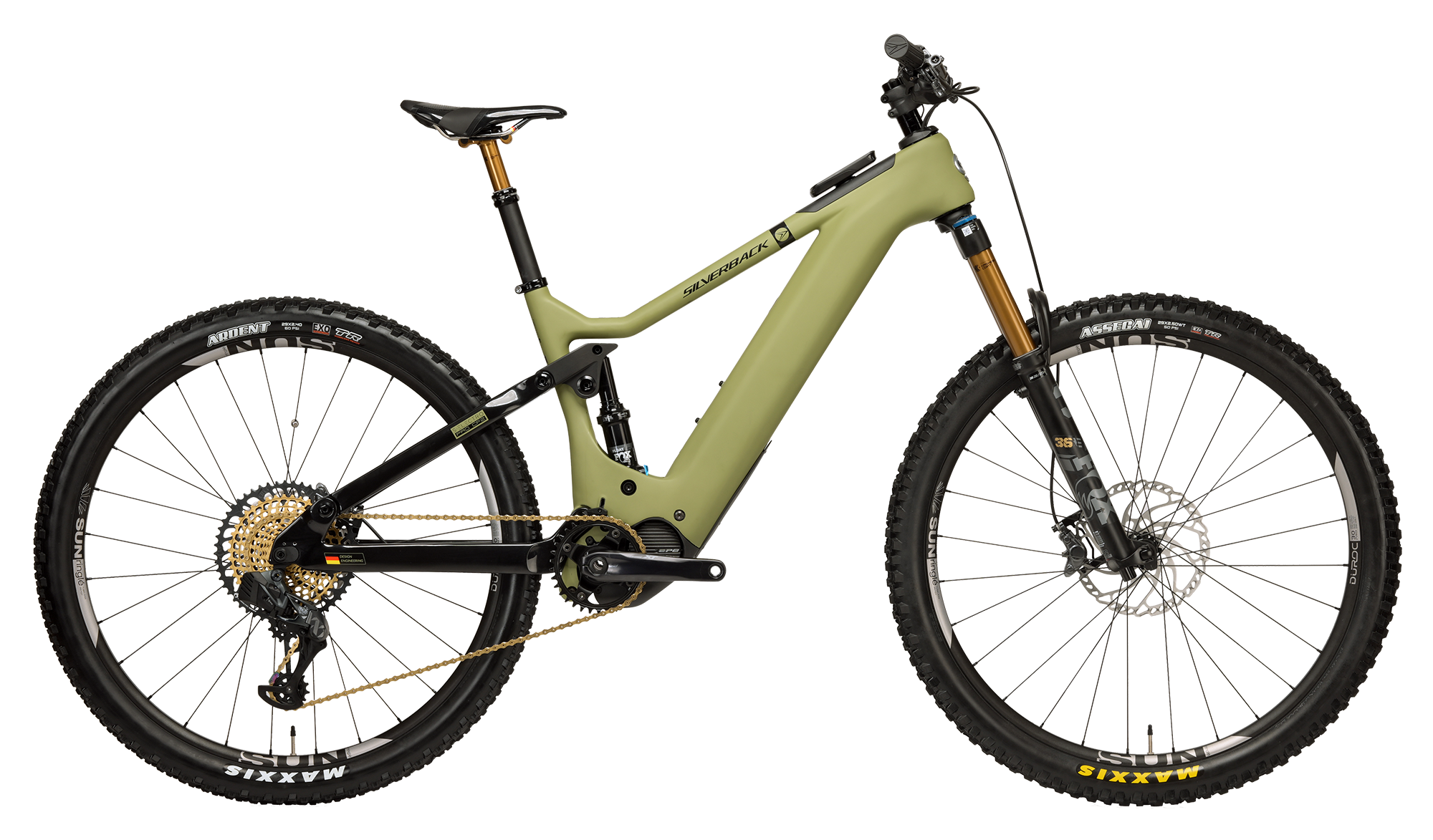
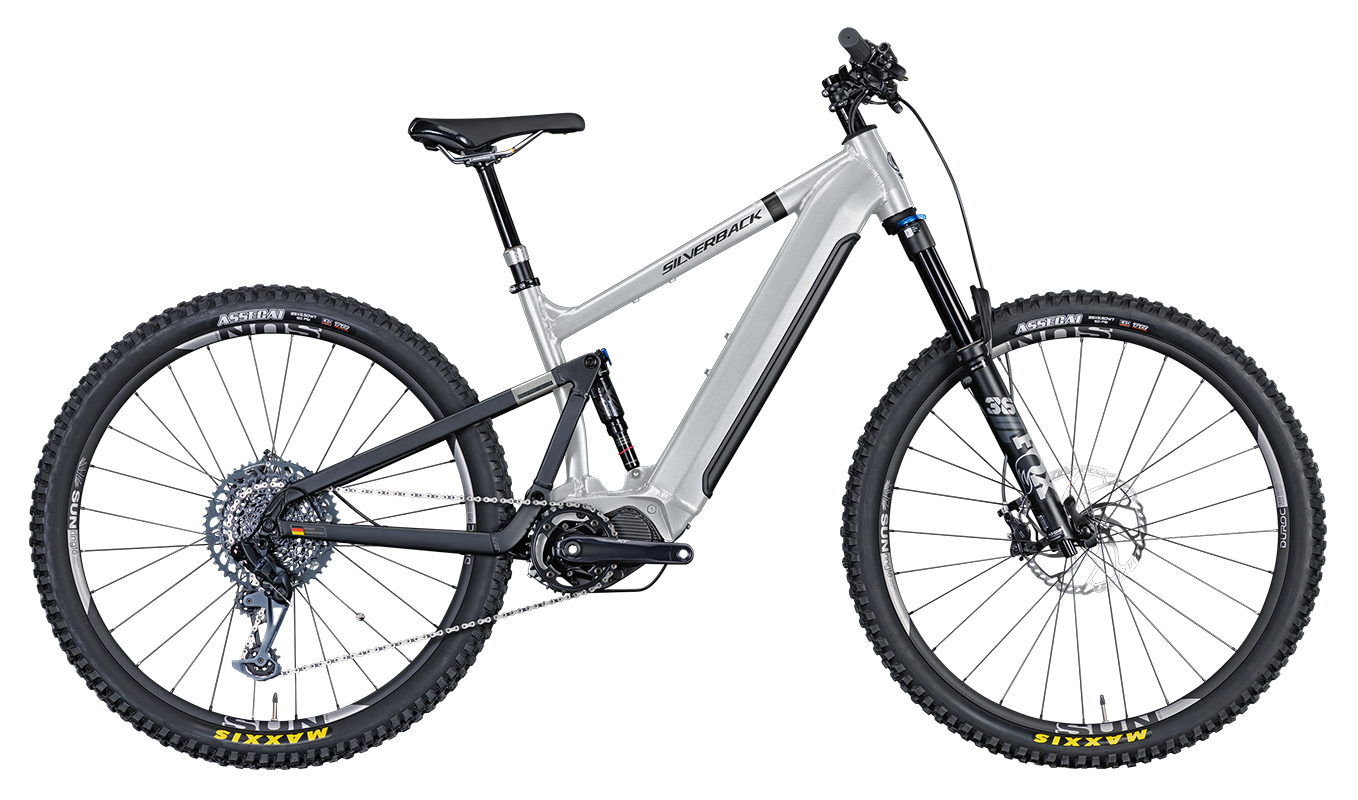
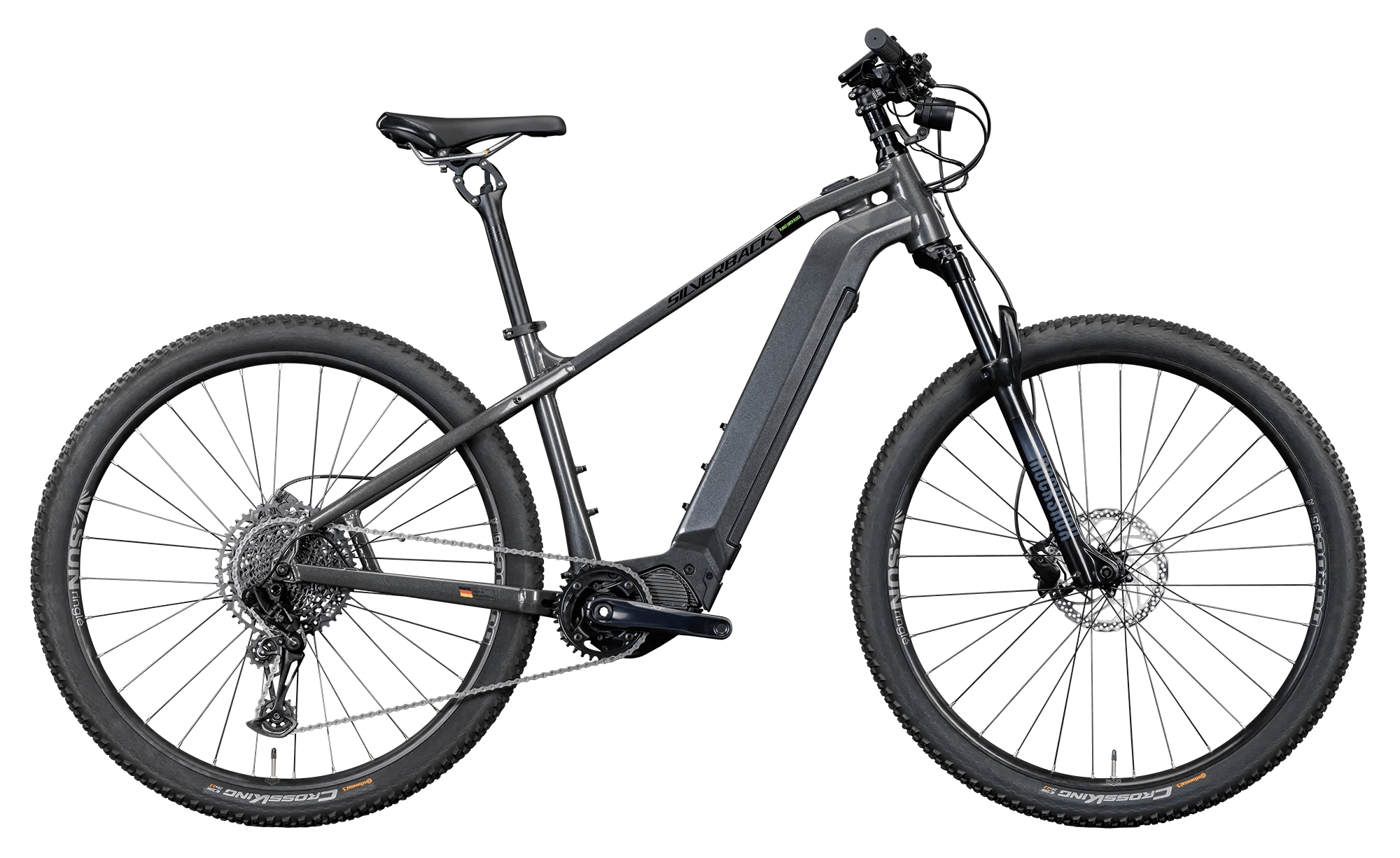
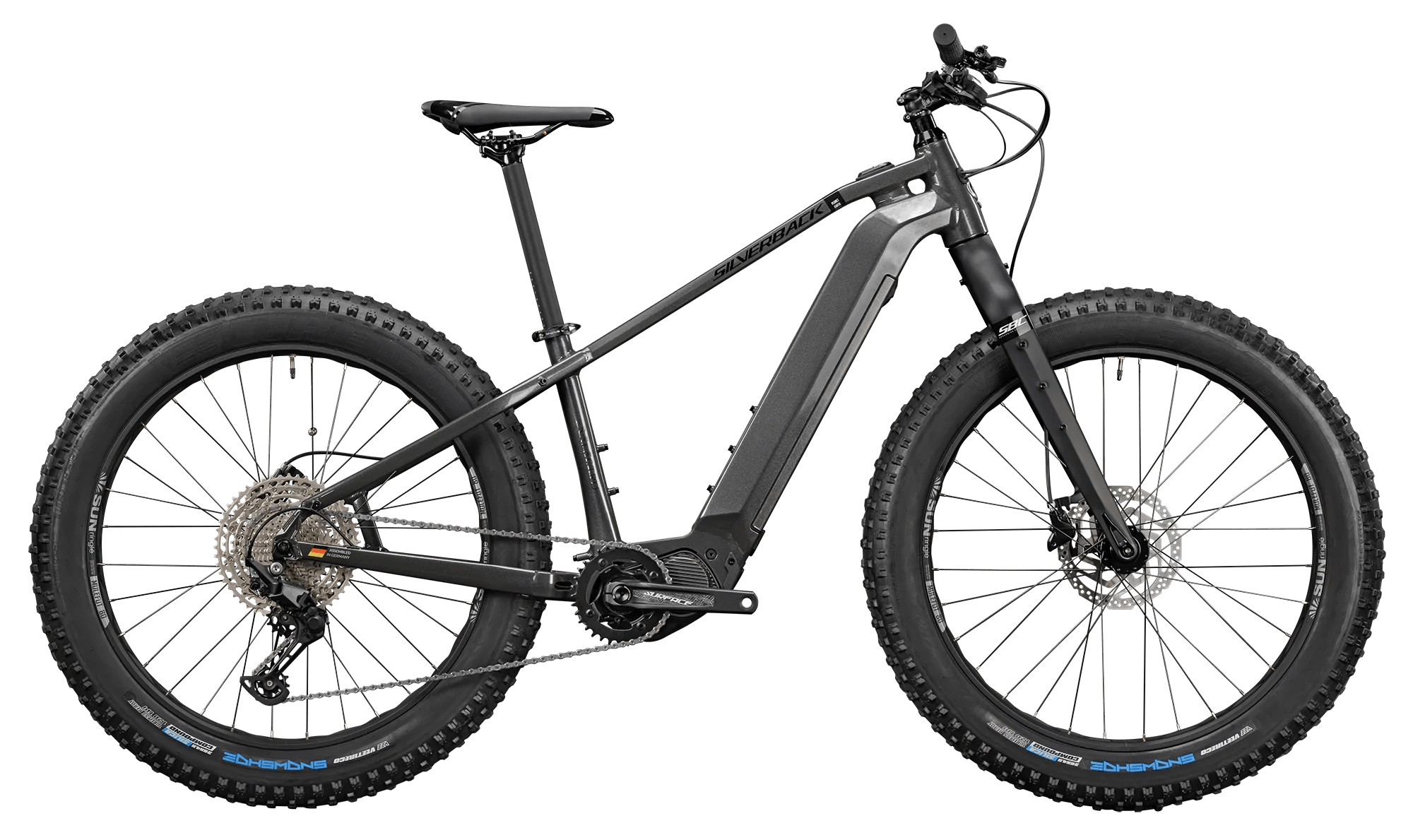
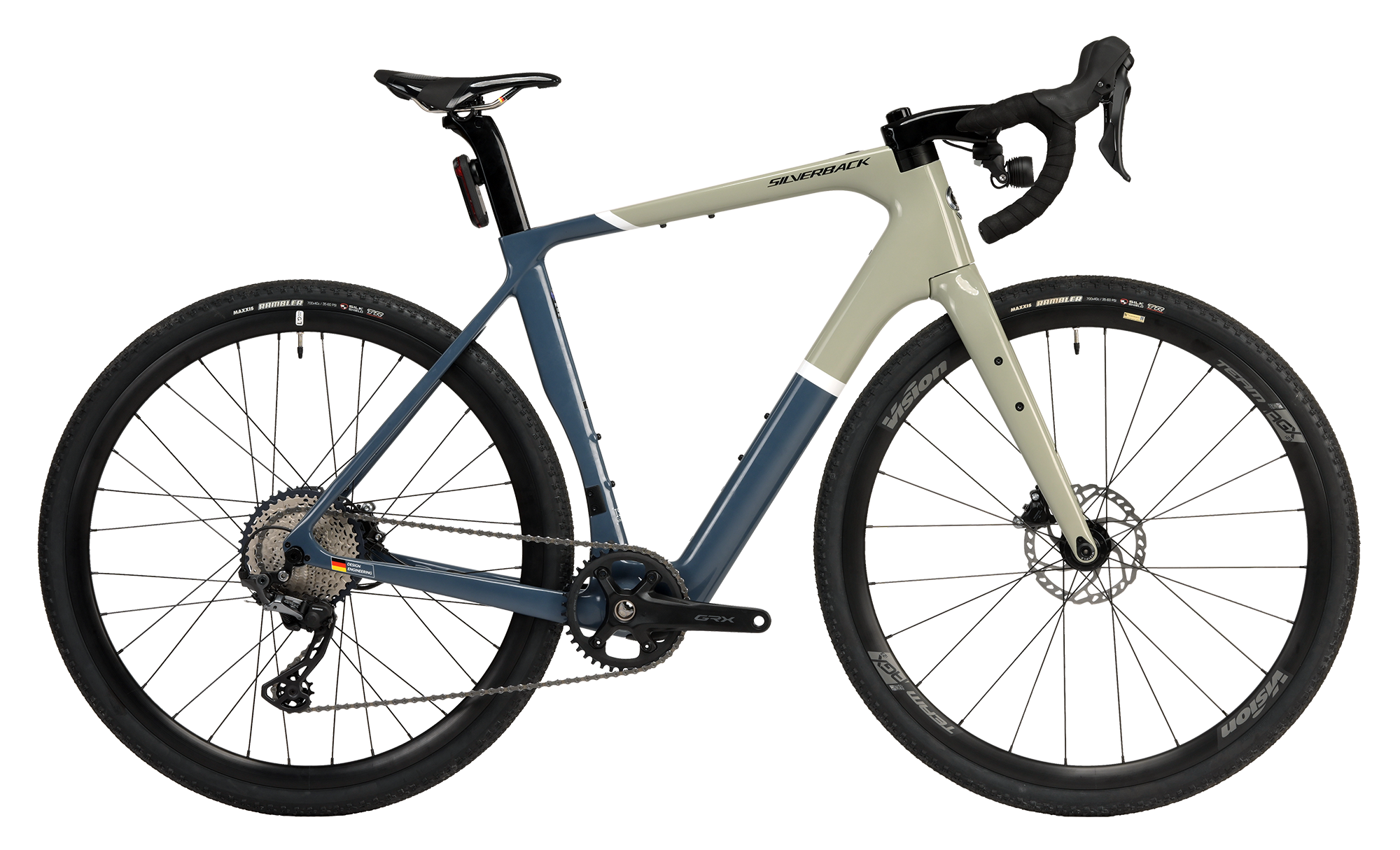
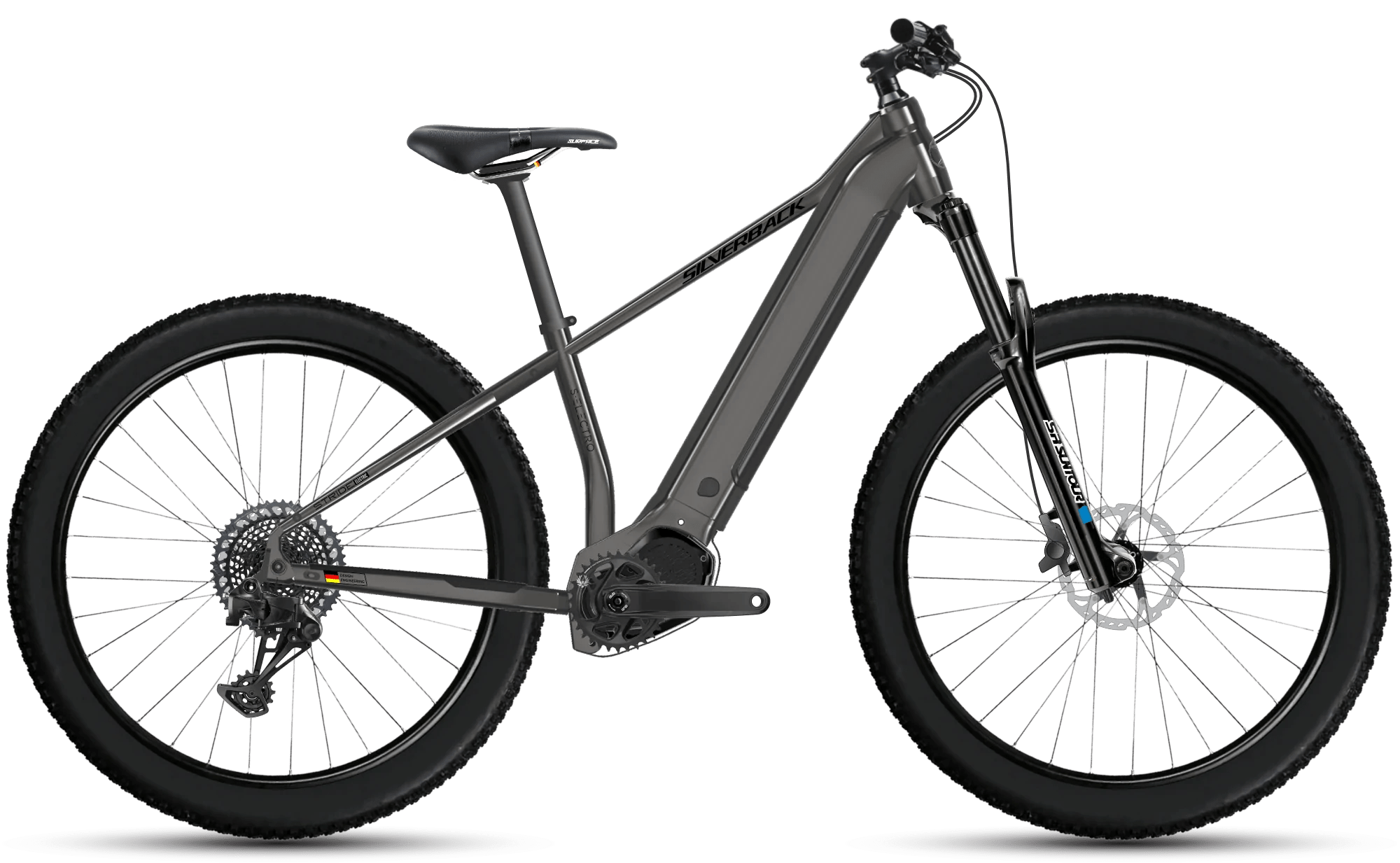

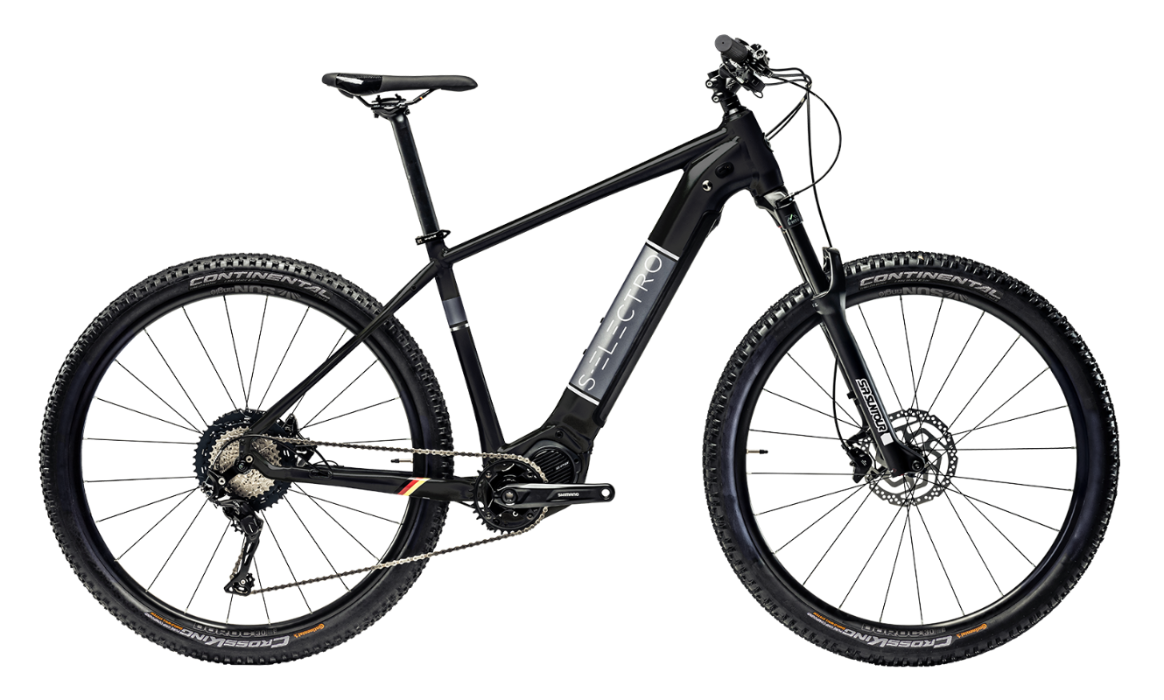
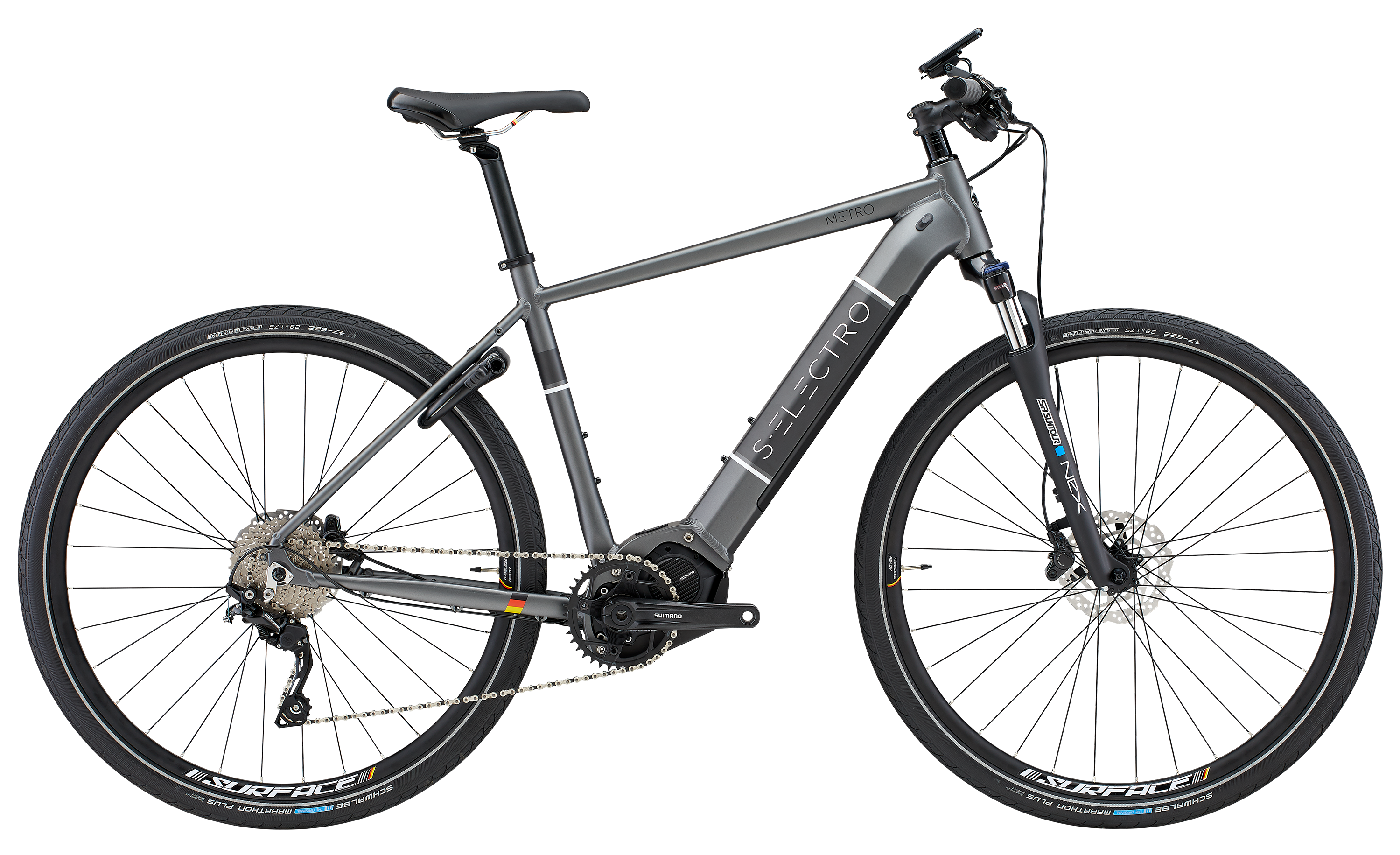
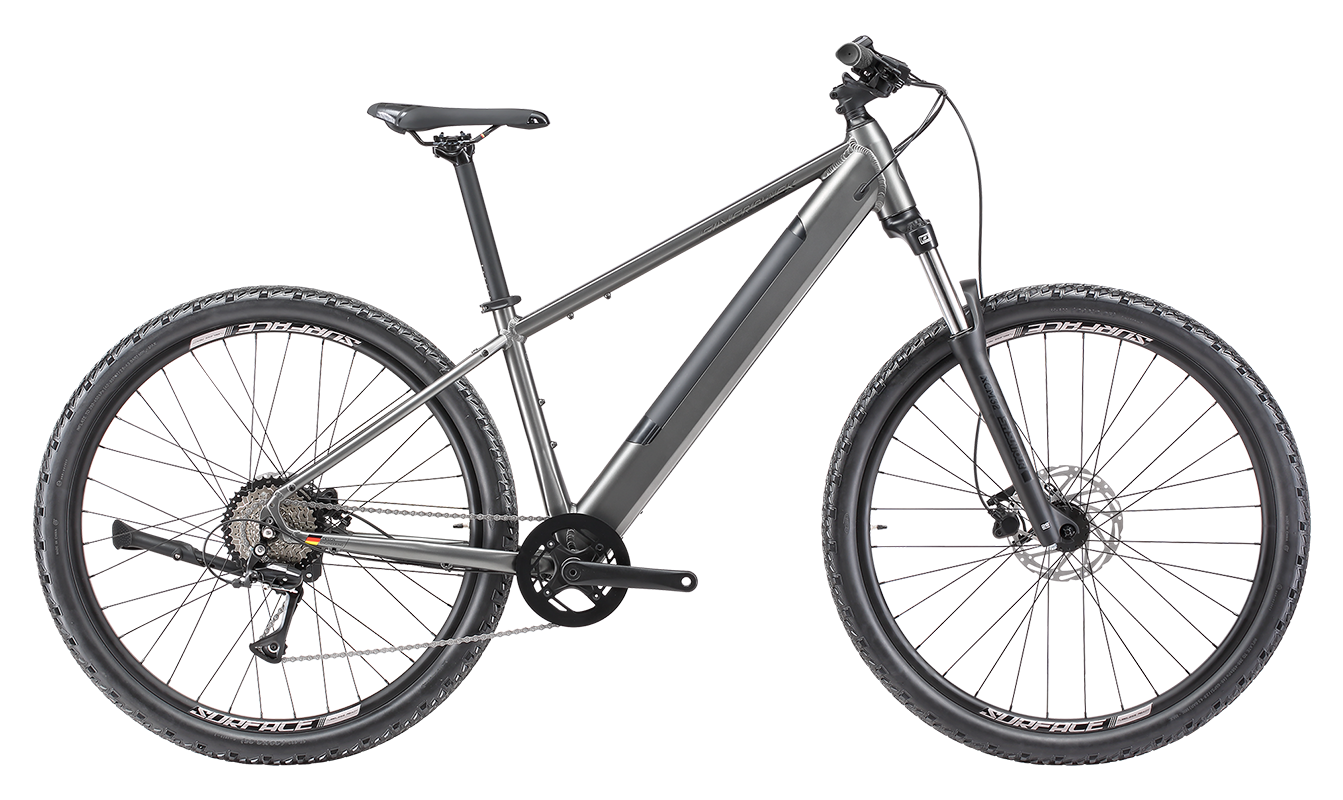
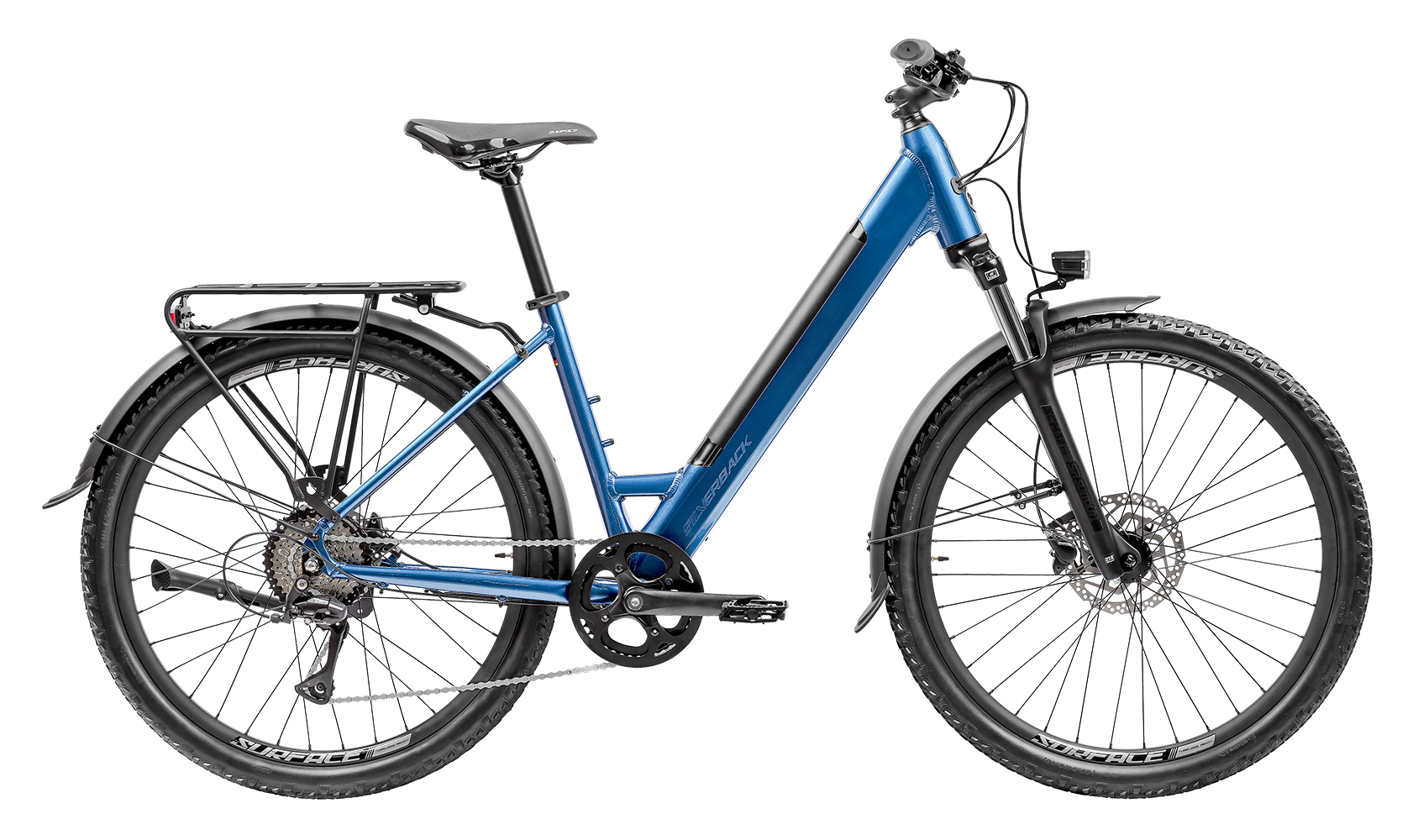



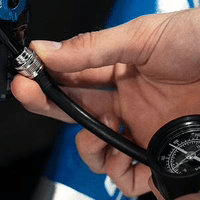

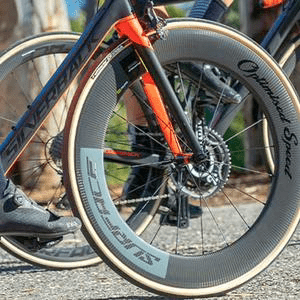
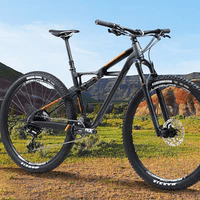






































Be the first to comment